Speakers
Welcome to the official website of The Australian and New Zealand Society for Immunology (ASI) 2023 Annual Scientific Meeting! We are delighted to present our lineup of esteemed speakers who will be joining us for this prestigious event. Prepare to be inspired by their ground-breaking research and invaluable contributions to the field of immunology. Here are just a few of our distinguished speakers: These speakers collectively cover a wide range of expertise areas within
immunology, including T-cell responses, antibody production, viral pathogenesis, respiratory infections, mRNA-based therapies, innate immune signalling, mucosal immune responses, inflammatory diseases, helminth infections, germinal centre responses, skin immune responses, and cellular immunotherapy. Their research contributions greatly contribute to advancing our understanding of immunological processes and developing innovative approaches to combat diseases.
Foundation Lecturer
A/PROF JUDITH GREER
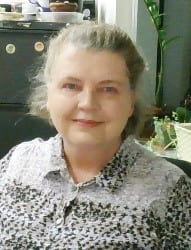
Judith Greer was awarded a PhD from the University of Queensland in the field of tumour immunology, before undertaking a post-doctoral fellowship with Prof Marjorie Lees at Harvard in the area of neurochemistry. Following several serendipitous discoveries, she emerged from these experiences with a major interest in neuroimmunology, and has continued in that field throughout her career, particularly in investigations of autoimmune disorders affecting the nervous system in both humans and animal models. Judith has a long (since 1985) association with ASI and is also very fond of history, and perhaps for that reason volunteered to be the Honorary Archivist of the ASI, a position she has now had for 25 years. In this Foundation Lecture, she will look back at some of the history of the ASI and the many inspiring people who have made ASI, and the influence that many of them have had (directly or indirectly) on her research, and maybe say a few words about what she sees as some of the major questions that immunologists still need to answer, particularly in the autoimmunity arena.
Burnet Orator
PROF DAVID TARLINTON
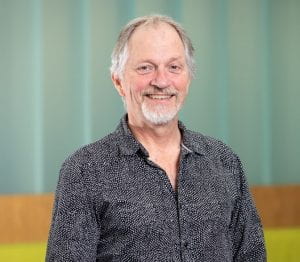
David was awarded a BSc from the University of Sydney, Australia in 1981 and a PhD in 1989 from the Department of Genetics at Stanford University, California under the supervision of Prof Len Herzenberg. He was a post-doctoral fellow with Prof Klaus Rajewsky in Cologne, Germany, and then with Prof Gus Nossal at the Walter and Eliza Hall Institute (WEHI) in Melbourne Australia, where he became a faculty member and NHMRC Australia Research Fellow in 1996. David continued work as a laboratory head at WEHI till 2016, reaching the level of Principle Research Fellow and Professor at the University of Melbourne. He then accepted the position of Professor and Head of Department of Immunology and Pathology at Monash University, which he continues to hold. He is the recipient of NHMRC Australia Investigator and Ideas grants and his research focus is on the development and differentiation of B lymphocytes with an emphasis on the formation and maintenance of immune memory. Since moving to Monash, his work has expanded to include longitudinal studies on the development of graft rejection in human organ transplant recipients. David has published over 190 papers, is a former President of the Australian and New Zealand Society for Immunology (ASI) and a member of the American Association of Immunologists. He is a recipient of the ASI Miller Travel Award, the Australia Museum Eureka Prize in Basic Research, the Lupus Research Alliance Distinguished Innovator award and is an adviser and on the editorial board of several immunology journals.
Equity, Diversity, and Inclusion Guest Speaker
A/PROF CLIVE ASPIN
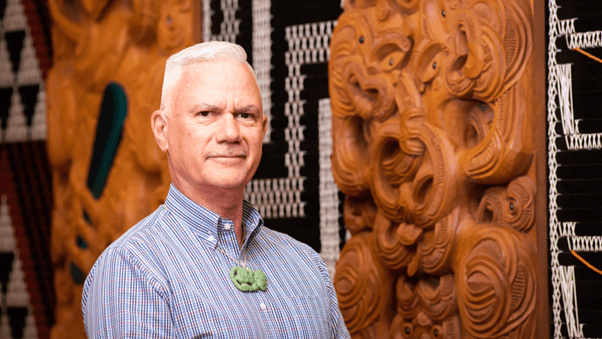
Clive Aspin is a public health researcher who grew up in Hauraki where he has strong whakapapa connections to Ngāti Maru, Ngāti Whanaunga and Ngāti Tamaterā.
He is an Associate Professor and the inaugural Associate Dean Māori in the Faculty of Health at Te Herenga Waka.
He has served as a ministerial appointment to the Board of the Health Research Council and he sits on a number of Māori advisory boards, including those of the Malaghan Institute of Medical Research and the Medical Research Institute of New Zealand.
His research interests focus on Māori and indigenous health, chronic illness, and HIV. He was the lead New Zealand investigator of a collaborative project with Australia and Canada that investigated the impact of HIV on indigenous communities in the three countries, and examined the role of resilience in responding to HIV. He is currently leading an HRC-funded project investigating coronial processes related to rangatahi suicide.
Postgraduate Lecture Guest Speaker
Professor Rod Dunbar
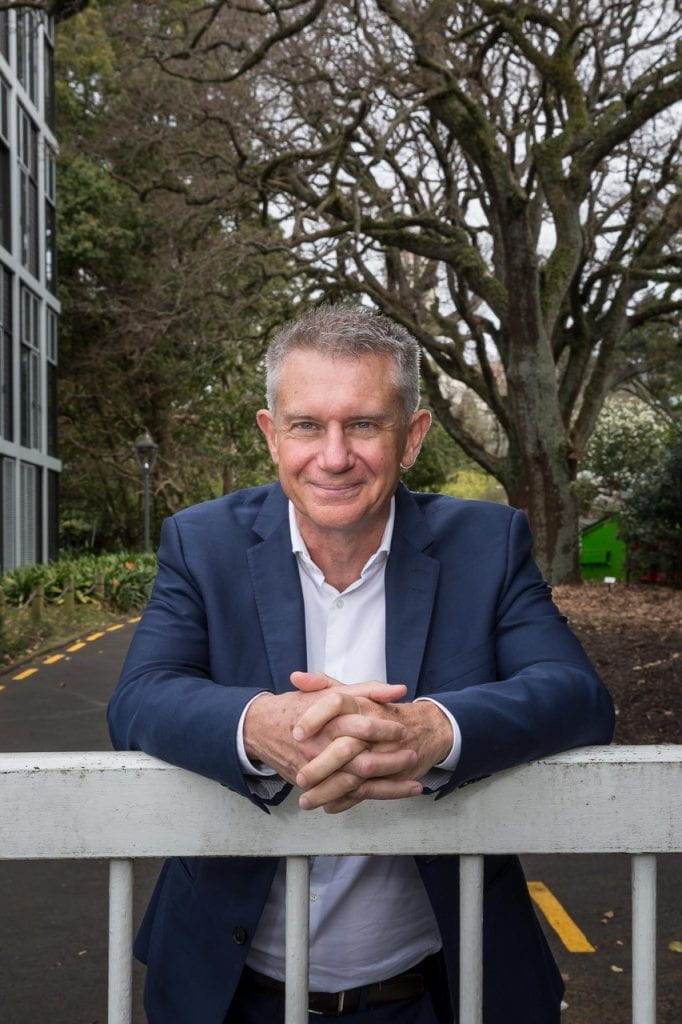
Rod studied medicine at the University of Otago in Dunedin and Christchurch, followed by a PhD at the Wellington School of Medicine He spent 6 years as a post-doc in Oxford, mainly at the Weatherall Institute of Molecular Medicine, before returning to New Zealand in 2002 under a Wellcome Trust International Senior Research Fellowship. His lab is based in the University of Auckland’s School of Biological Sciences, and focuses mainly on human cellular immunology. He’s a former Director of the Maurice Wilkins Centre, NZ’s Centre of Research Excellence in biomedicine, and a founder of 3 biotech companies in immunotherapy and tissue engineering.
International Plenary Speakers
PROF IDO AMIT
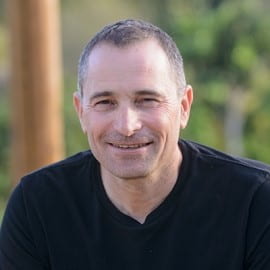
Bio coming soon.
PROF PAMELA BJORKMAN
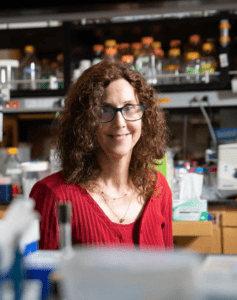
Dr. Bjorkman is the David Baltimore Professor of Biology and Biological Engineering at Caltech and a Merkin Institute Professor. Her laboratory does basic and translational research to understand immune recognition of viral pathogens. They\\ are particularly interested in understanding antibody responses against viruses in order to develop improved therapeutics and potential vaccines. As part of their approach, they investigate the structural correlates of broad and/or potent antibody-mediated neutralization of HIV-1, SARS-CoV-2, Zika, and hepatitis C virus.
PROF CATHERINE BOLLARD
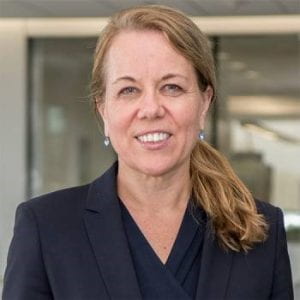
Bio coming soon.
PROF JONATHAN KAGAN
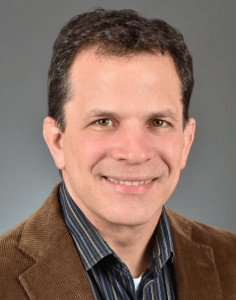
Jon Kagan is a world leader in defining the molecular and cellular pathways by which the innate immune system recognizes infection and tissue injury. He has worked at
the interface of host-microbe interactions for over 25 years, first as a trainee at Yale and since 2007 at Harvard. At Harvard, he runs a research lab based in Boston Children’s Hospital. He is the Marian R. Neutra, PhD Professor of Pediatrics at Harvard Medical School and the director of Basic Research and Shwachman Chair in Gastroenterology at Boston Children’s Hospital. Kagan’s primary research interest is to understand the molecular basis of inflammation. He has made significant discoveries in this area, most notably in the inflammatory pathways stimulated by Toll-like Receptors (TLR), RIG-I like Receptors (RLR), cGAS-STING and inflammasomes. Each of these pathways are key to the induction of anti-infection and anti-tumor immunity. More broadly, his work helped establish a comprehensive map of the subcellular sites of innate immune signaling. This map serves as the foundation of our understanding of the earliest stages of immune activation. He is the co-founder of Corner Therapeutics, where he serves as an advisor. Kagan has also advised several other companies in the immunotherapy space, including IFM Therapeutics, Neumora Therapeutics and Larkspur Biosciences.
Kagan’s work has been recognized with awards from the American Association of Immunologists, the Burroughs Welcome Fund and the International Endotoxin and Innate Immunity Society. He was a National Finalist for the Blavatnik Laureate in Life Sciences and a semi-finalist in the 2014 HHMI Investigator competition. Dr. Kagan is an elected Fellow of the American Academy of Microbiology.
PROF CAROLYN KING
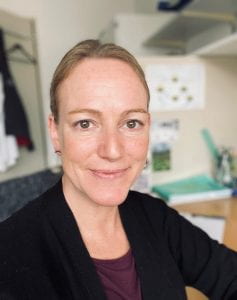
Carolyn received her B.S. in biology from Duke University and her PhD in immunology from the University of Pennsylvania, where she studied the role of TRAF6 in T cell tolerance. After a postdoctoral fellowship studying the impact of T cell receptor singling on asymmetric cell division and fate, Carolyn started her independent group at the University of Basel. The King lab focuses on understanding the molecular underpinnings of CD4 T cell responses during infection with a focus on T cells that support antibody production by B cells. More recently this work has expanded to investigate how antibodies and macrophage remodelling intersect to modulate pulmonary immunity to globally relevant pathogens including influenza and tuberculosis.
PROF ADRIAN LISTON
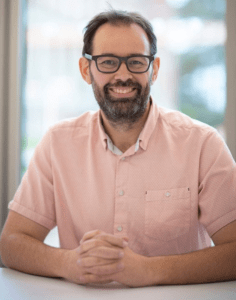
Adrian Liston is Professor of Pathology at Department of Pathology. Liston trained at Adelaide University before a PhD at the Australian National University, and a post-doc at the University of Washington, with additional degrees in Higher Education and Public Health. Liston started his career as an independent researcher at the VIB and University of Leuven in Belgium, where he ran a lab with Dr James Dooley for 10 years (2009-2018) before moving the lab to the Babraham Institute in 2019. Between 2019 and 2023, the Liston-Dooley lab worked on biotechnology developments in neuroinflammation, developing new therapeutic approaches and setting up a spin-off company Aila Biotech Ltd. In 2023, the Liston-Dooley laboratory relocated to the Department of Pathology, where Liston took up the position of Professor of Pathology.
A/PROF MICHELA LOCCI
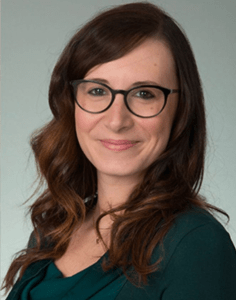
Michela Locci graduated magna cum laude in Biotechnology from the University of Bologna (Italy), and received her Ph.D. in Immunology and Applied Biotechnology from Tor Vergata University (Italy). After her postdoctoral training in Dr. Shane Crotty’s group (USA), she joined the University of Pennsylvania (USA) as an Assistant Professor of Microbiology in 2018. Her research is focused on the biology of T follicular helper (Tfh) cells and regulation of germinal center (GC) responses following vaccination and infection. Dr. Locci’s work has contributed to our current understanding of the nature of memory Tfh cells, the processes regulating the differentiation of Tfh cells as well as the quantitative and qualitative features of Tfh and GC B cell responses elicited by messenger RNA (mRNA) vaccines. Currently, major efforts in the Locci lab are aimed at shedding light on the immunological mechanism of mRNA vaccines.
PROF KIYOSHI TAKEDA
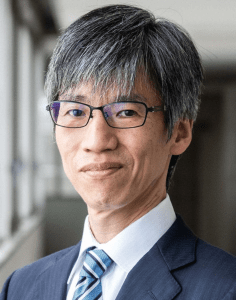
Kiyoshi Takeda graduated from Osaka University School of Medicine in 1992 and conducted his PhD work at the Graduate School of Medicine, Osaka University under the supervision of Prof. Shizuo Akira. He was an assistant professor at Hyogo College of Medicine, and Research Institute for Microbial Diseases, Osaka University, where he worked on Toll-like receptor-dependent pathogen recognition mechanisms. In 2003, he became a professor at Medical Institute of Bioregulation, Kyushu University, and then moved to Graduate School of Medicine, Osaka University in 2007. Now, he is a director and professor at Immunology Frontier Research Center, Osaka University. His research activity is focused on understanding the pathogenesis of inflammatory bowel diseases, particularly the analysis of how intestinal homeostasis is maintained by mucosal immune cells and epithelial cells. He is also analyzing how microbiota resides in the intestine without evoking inflammatory responses and influences the host’s health.
National Plenary Speakers
DR LISA CONNOR
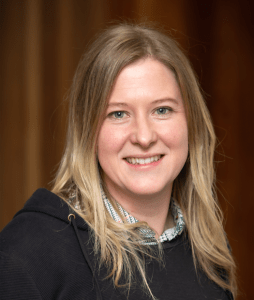
Lisa is a Senior Lecturer in Immunology at Te Herenga Waka – Victoria University of Wellington and Research Associate at the Malaghan Institute of Medical Research. In 2020, she became team leader for the vaccine evaluation team in the Vaccine Alliance Aotearoa New Zealand and has been actively involved in the development of a vaccine candidate for SARS-CoV-2. Lisa’s research group focuses on cellular and molecular mechanisms that regulate the generation of adaptive immunity to vaccination. Her research includes investigating the interaction between unconventional T cells, B cells, follicular T cells and dendritic cells to develop mucosal vaccines that enhance immunity in the respiratory tract.
A/PROF JOANNA GROOM
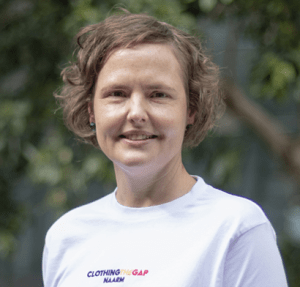
Associate Professor Joanna Groom is an NHMRC L1 Investigator fellow and laboratory head in the Immunology division of the Walter and Eliza Hall Institute (WEHI). Dr Groom’s research focuses on deciphering how cellular positioning and communication control immune responses, and how this can be leveraged to optimise clearance and protection from infection and cancer. This interest was piqued during her PhD, at the Garvan Institute, investigating the cellular signaling critical to lupus autoimmunity. She performed her postdoctoral research with Prof. Andrew Luster, a leader in chemokine biology at Harvard Medical School/Massachusetts General Hospital (HMS/MGH). Here, she found that directed cell migration into lymphoid niches is intertwined with cell fate and function. Dr Groom’s team has made a series of advancements that enable 3D imaging of intact lymphoid organs and used this to discover the distinct niches that support the differentiation of effector and memory T cells. Her current research combines imaging and transcriptional analysis to dissect the cellular interactions that mediate protection against diverse pathogenic infections and cancer.
A/PROF CECILE KING
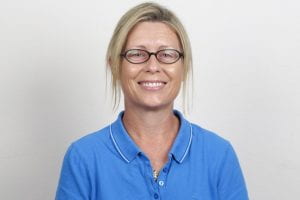
Cecile King is an Associate Professor at the School of Biotechnology and Biomolecular Sciences at UNSW Sydney. Dr King received her PhD from UWA and completed postdoctoral training at the Scripps Research Institute, La Jolla, USA. Dr King’s research led her towards studying RNA and retrotransposons where she is harnessing her expertise in immunology to probe their function. Over a third of our genomes are made up of retrotransposons and their ability to regulate the expression of genes in a cell type-specific manner makes them exciting both as a basic research focus and as therapeutic targets. Dr King’s research program is using state-of-the art technologies to identify retrotransposons that impact cellular function and understand their effect on the immune response.
PROF SI MING MAN
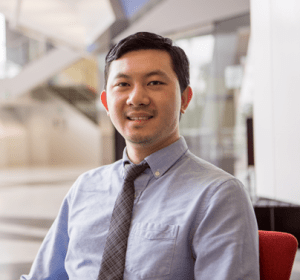
Si Ming received his Ph.D. from the University of Cambridge, United Kingdom, for his work on the immune system in the host defence against Salmonella. He obtained his postdoctoral training from St. Jude Children’s Research Hospital, Memphis, USA, where he studied the role of inflammasome signalling in infection and cancer. Currently, he is a Professor and CSL Centenary Fellow at the Australian National University, Australia, where his laboratory focuses on understanding innate immunity in infection and cancer.
A/PROF SIMON PHIPPS
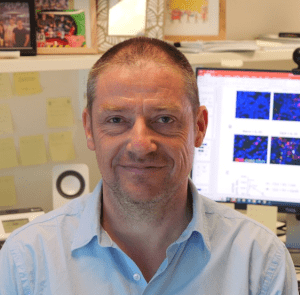
Simon Phipps undertook his PhD thesis at the National Heart and Lung Institute, Imperial College London before postdoctoral fellowships at The John Curtin School of Medical Research, Australian National University and the University of Newcastle. In 2010, he moved to The University of Queensland to set up an independent research laboratory, before joining Queensland Institute of Medical Research in 2017 to head the Respiratory Immunology group. His research program simulates gene-environment interactions and host-microbe interactions that predispose to severe lower respiratory infections in infancy and the subsequent development of childhood asthma. He was recently awarded the Klosterfrau Award in recognition of his work in the field of paediatric pulmonology.
A/PROF JOANNE REED
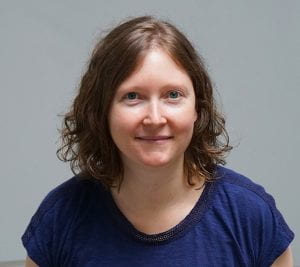
Joanne Reed is a laboratory head and Peter Tosi Principal Research Fellow at the Westmead Institute and an Adjunct Associate Professor at University of Sydney and University of New South Wales. She has a long-standing interest in autoimmune disease, particularly the origins and pathogenesis of autoantibodies. Joanne completed her PhD at Flinders University studying autoantibodies in patients with Sjögren’s syndrome and lupus. She received a NHMRC CJ Martin Fellowship for postdoctoral training at New York University where she investigated how autoantibodies collaborate with genetic variants to initiate tissue injury in neonatal and adult lupus. In 2013 Joanne returned to Australia to develop genomic approaches to understand autoimmune disease at Australian National University and the Garvan Institute. Here she developed a multi-omic approach to identify the rare circulating B cells responsible for severe autoimmune pathology in patients with Sjögren’s syndrome. In 2021, Joanne established the Autoimmunity and Amyloidosis Lab at Westmead Institute. Her current research uses single cell genomics and recombinant antibody technology to improve prediction and inform precision medicine approaches for autoimmune and amyloid diseases. Joanne is an elected council member for the ASI and IUIS and co-chair of the ASI Advanced Immunology School.
DR MARCUS ROBINSON
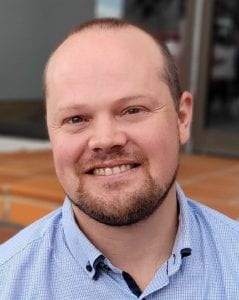
Dr Robinson leads the IgE and Plasma Cell Development research group in the Immunology Department at Monash (since 2021). Dr Robinson completed PhD research training at the Malaghan Institute of Medical Research in 2013, and subsequently undertook post-doctoral training at UCSF (2013-2016) and Monash University (2017-2021). Dr Robinson has produced seminal studies on plasma cell retention and turnover (Immunity 2023), plasma cell accrual (Sci Imm 2022), and pre-germinal centre response biology (Cell reports 2020), as well as contributing to key studies on IgE response propagation (eLife 2016, J Exp Med 2023). The Robinson group’s primary focus is to understand IgE-producing plasma cell longevity, their sites of formation and turnover kinetics in allergic immune responses. The Robinson research group also studies disease-preventing antibody-secreting plasma cells, aiming to determine ways to improve antibody responses with common vaccine approaches in mammals. As a career researcher, Dr Robinson’s focus is to unravel core questions of allergy and vaccine biology that may lead to improvements in current clinical treatments for hard-to-control diseases, and developing knowledge to position immunologists to fend off pandemics if and as they arise in coming years.
International Symposia Speakers
PROF MEGAN K. LEVINGS
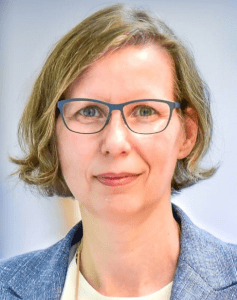
Dr. Megan Levings is a Professor in the Department of Surgery and School of Biomedical Engineering at the University of British Columbia and BC Children’s Hospital Research Institute. Her lab studies how a special kind of white blood cell, known as a T regulatory cell, could be used as a cellular therapy to stop harmful immune responses. She is internationally recognized in the field of human immunology and leads a vibrant group of trainees and staff who are researching how to use T regulatory cells to replace conventional immunosuppression in the context of transplantation and autoimmunity. She has won numerous awards, including 2020 YWCA Woman of Distinction, Science, Research & Technology, 2022 Simon Fraser University Outstanding Alumni award, and 2022 UBC Faculty of Medicine Distinguished Researcher in the Basic/Foundational Science Category.
PROF GRAHAM OGG
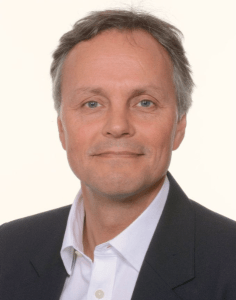
Graham Ogg is Professor of Dermatology at the MRC Human Immunology Unit at the University of Oxford. Research and clinical work are based on the investigations of mechanisms of disease pathogenesis of the patients he sees with inflammatory skin disease. Graham is interested in the translation of new insights underlying tissue immune responses, including T cell interactions in skin. The primary area of focus is on the role of CD1a-reactive lipid-specific T cells in skin disease pathogenesis with progression of approaches to target the pathway therapeutically.
PROF PHILIP SANTANGELO
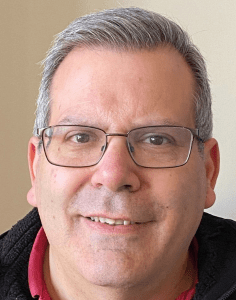
Dr. Philip J. Santangelo is a Professor in the Wallace H. Coulter Department of Biomedical Engineering, at Emory University and Georgia Tech. My background, PhD in Engineering from University of California, Davis, is a diverse mixture of engineering, physics, chemistry and biology, with an emphasis on working at the interface of multiple disciplines. My research interests are focused on the development of novel imaging probes, the pathogenesis of viruses, and the development of mRNA-based therapies and vaccines. In the area of novel imaging probes, the first PET contrast agent for SIV and SHIV infections was developed in my lab, as well as the application of PET imaging to the interrogation of mRNA-based vaccines. In the field of mRNA-based therapeutics, my lab has spearheaded the development of a molecular toolbox for characterizing mRNA delivery and the development of new applications of mRNA, including the delivery of mRNA-encoded antibodies and CRISPR proteins systemically and to mucosal interfaces, with an emphasis on the lung and female reproductive tract.
A/PROF ELIA TAIT WOJNO
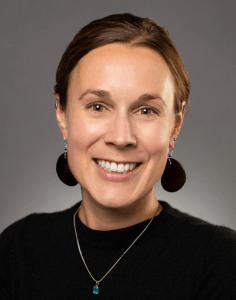
Dr. Elia Tait Wojno pursues a passion for immunology research as an Associate Professor in the University of Washington Department of Immunology. Elia received her PhD from the University of Pennsylvania, working with Dr. Christopher Hunter in the School of Veterinary Medicine to examine how cytokines regulate immunity to the protozoan parasite Toxoplasma gondii. She went on complete a postdoctoral fellowship with Dr. David Artis in the University of Pennsylvania Perelman School of Medicine and Weill Cornell Medical College, focusing on innate immune responses during helminth infection and allergic disease. At UW, she continues her work in dissecting innate and adaptive immune responses during helminth parasite infection and allergy, with a special emphasis on the role of cytokines and prostaglandins. Her work aims to inform efforts to develop new therapies and vaccines to combat parasite infection and limit allergic inflammation.
National Symposia Speakers
A/PROF MARIAN BURR
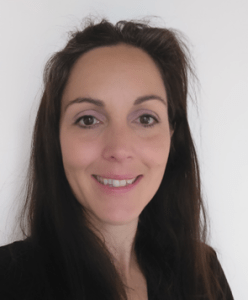
A/Prof Marian Burr is a clinician scientist and head of the Cancer Immunology and Epigenetics laboratory at the John Curtin School of Medical Research, and an honorary clinical fellow in Anatomical Pathology at Canberra Hospital. After undertaking medical training in the UK, Marian completed a PhD at the University of Cambridge studying MHC class I regulation in Paul Lehner’s laboratory, followed by specialist clinical training in Anatomical Pathology. In 2015 she was awarded a Cancer Research UK Clinician Scientist Fellowship to establish a cancer immunology research program in Cambridge, and subsequently in Melbourne, where she trained in cancer epigenetics at the Peter MacCallum Cancer Centre. In 2021, she established a research lab at Australian National University as a Snow Fellow and NHMRC Investigator. Her laboratory aims to understand the molecular mechanisms by which cancer cells evade immune surveillance with the aim of identifying new therapeutic strategies to overcome immunotherapy resistance.
A/PROF TATYANA CHTANOVA
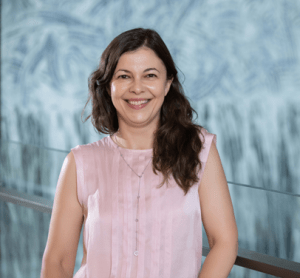
Associate Professor Tatyana Chtanova is the head of the Innate and Tumour Immunology laboratory, School of Biotechnology and Biomolecular Sciences, UNSW Sydney. After undergraduate studies at the University of New South Wales, Tatyana was awarded her PhD in 2005 for her thesis work on specific gene expression signatures for novel T cell subsets, performed at the Garvan Institute.
Following her PhD, Tatyana was awarded the Human Frontier Science Program Fellowship to train at the University of California, Berkeley. During her fellowship she gained expertise in intravital microscopy and applied it to uncover a unique immunological response to inflammation called neutrophil swarming and a novel mechanism of immune evasion by pathogens.
Tatyana’s main research interest is in developing unique approaches such as two-photon microscopy and in situ photoconversion to understand fundamental immunological processes including infection, wound repair and cancer. The overall goal of Tatyana’s research program is to harness inflammation to develop new immunotherapy for cancer and promote wound healing.
DR IAIN COMERFORD
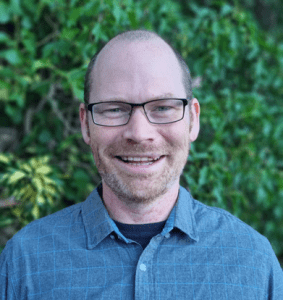
Dr Iain Comerford is Senior Research Fellow at The University of Adelaide funded by MS Australia and the NHMRC. He completed his PhD in chemokine biology and immunology at the Beatson Institute for Cancer Research and the University of Glasgow with Professor Robert Nibbs and then joined the Chemokine Biology Laboratory at the University of Adelaide, which he now co-leads with Professor Shaun McColl. His lab’s main interests are in the regulation of T cell migration in contexts of CNS autoimmunity, lung inflammation during viral infection and into solid tumours. He also has a strong focus on the role of atypical chemokine receptors in shaping functional chemokine gradients.
PROF CARL FENG
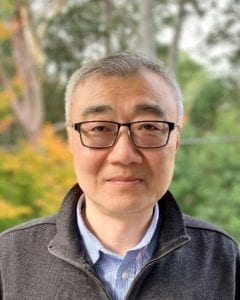
Carl Feng is a Professor of Immunology at the University of Sydney, Australia. He received his Ph.D. from the University of Sydney and completed his postdoctoral training at the National Institutes of Health (NIH), USA. He was a Staff Scientist at NIAID, NIH before joining Sydney University as an academic. Dr Feng has a long-standing interest in understanding mechanisms mediating host resistance to infection. The goal of his program is to seek fundamental knowledge about immune system and to use that knowledge to reduce the burden of human infectious diseases, such as tuberculosis and influenza.
DR PAUL GIACOMIN
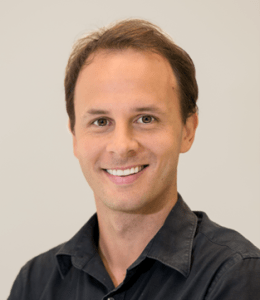
Dr Paul Giacomin completed his PhD in 2008 at the University of Adelaide under the supervision of Dr Lindsay Dent, where he studied the immune responses to parasitic worms. He conducted his postdoctoral training with Dr David Artis at the University of Pennsylvania, before returning to Australia to work at the Australian Institute of Tropical Health and Medicine (AITHM) at James Cook University, Cairns. His research investigates the immunobiology of worm infections and inflammatory bowel diseases in animal models and human clinical trials, to understand the cytokines and cells that regulate immunity and inflammation in the gut. He is also co-founder and director of the biotech startup Macrobiome Therapeutics, which aims to translate and commercialise hookworm-derived proteins for inflammatory and metabolic diseases.
A/PROF EMMA HAMILTON-WILLIAMS
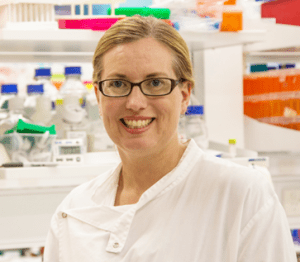
Associate Professor Emma Hamilton-Williams’ career focuses on understanding how immune tolerance is disrupted leading to the development of the autoimmune disease type 1 diabetes. She received her PhD from the Australian National University and trained as a postdoctoral fellow in Germany and the USA. In 2012 she started a laboratory at the Frazer Institute, University of Queensland with funding from the Juvenile Diabetes Research Foundation and NHMRC grants. Currently an Associate Professor, her laboratory focuses on understanding the role of the gut microbiota as a potential trigger or therapy for type 1 diabetes as well as developing new immunotherapies for type 1 diabetes. She is studying microbiome development in children at-risk of type 1 diabetes starting from pregnancy through infancy and childhood, to understand how lifestyle and diet interact with the microbiome as risk factors for disease progression. She recently conducted a clinical trial of a microbiome-targeting dietary supplement aimed at restoring a healthy microbiome in T1D. Her laboratory uses state-of-the-art ‘omics’ technologies and microbiome transplant studies to develop new interventions prevent or halt this disease.
DR KERRY HILLIGAN
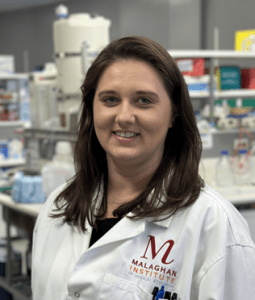
Dr. Kerry Hilligan completed her Master of Biomedical Science and Ph.D. in Immunology at the Malaghan Institute of Medical Research in Wellington, New Zealand. She went on to do her postdoctoral training with Dr. Alan Sher at the National Institute of Allergy and Infectious Diseases in the United States working on innate host resistance to tuberculosis and SARS-CoV-2. In 2022, Kerry returned to the Malaghan Institute to establish a research programme focusing on inflammatory imprinting of the pulmonary environment and its role in determining host resistance to respiratory infections and allergy.
DR CONNIE JACKAMAN
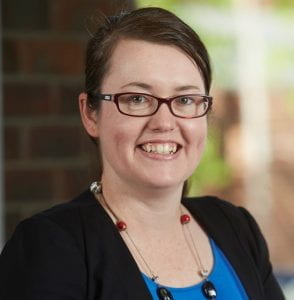
Dr Connie Jackaman is based at the Curtin Medical School, Curtin Health Innovation Research Institute (CHIRI), Perth, Western Australia. She completed her PhD in tumour immunology, followed by postdoctoral training in muscle pathology and related diseases. She moved to Curtin in 2012 and leads a team investigating myeloid cell function in the elderly. Her current research focuses on examining the impact of dysregulated myeloid cell inflammation on age-related diseases/comorbidities including muscle diseases, cancer and dementia. Prior to her current position she was in a dual role as early career research fellow and facility manager. In this role she set up and then managed the CHIRI flow cytometry and imaging facility (flow cytometry 2012-2016, microscopy 2012-2020), leading to a successful ARC LIEF bid for a rapid acquisition microscopy suite based in CHIRI.
A/PROF MISTY JENKINS
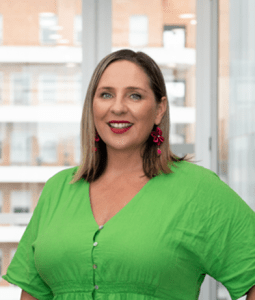
Misty Jenkins is a NHMRC fellow and laboratory head in the Immunology Division at Walter and Eliza Hall Institute for Medical Research. Misty leads the immunotherapy program within the Brain Cancer Centre and is dedicated to discovering novel immunotherapy targets for high grade gliomas in adults and children. Her research focusses on the development of novel chimeric antigen receptor T cells for brain cancer. Her group also uses cutting edge two-photon microscopy combined with mouse models of brain cancer to investigate the tumour microenvironment and uncover unique biology of brain tumours.
Misty has a PhD in Immunology from The University of Melbourne, followed by postdoctoral positions at The Universities of Oxford, Cambridge and the Peter MacCallum Cancer Centre.
A/Prof Jenkins was awarded the L’Oreal for Women in Science Fellowship (2013), was Tall Poppy of the year (2015), was awarded the Top100 Women of Influence award (2016) and was inducted onto the Victorian Honour Roll of Women in 2020.
In addition to her research career, A/Prof Jenkins is experienced in governance and strategy as a company Director, co-chairs a Federal Health Medical Research Future Fund (MRFF) and is a passionate advocate for gender equity and Indigenous Health and education. She was awarded an Officer of the Order of Australia (AO) in 2023 for distinguished service to medical science in Immunology, the support of women in STEM, and to the Indigenous community.
A/PROF W. JOOST LESTERHUIS
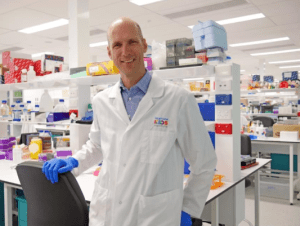
Dr Joost Lesterhuis is Program Head Cancer Research at Telethon Kids Institute, where he leads the Sarcoma Translational Research team. He is an adjunct associate professor at the University of Western Australia and an NHMRC EL2 Investigator. Joost has a background as a dual-trained medical oncologist and basic researcher in cancer immunology.
Joost’s research aims to identify new effective treatment combinations in cancer, focusing on immunotherapy and surgery. His research combines several fields of science including cancer immunology, drug discovery & delivery and translational oncology. Joost published over 75 peer-reviewed publications and translated several of his laboratory findings into clinical trials.
DR NICOLE MESSINA
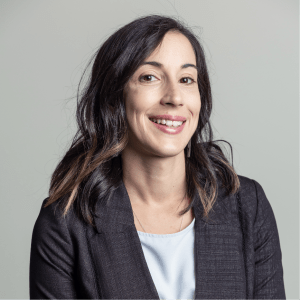
Dr Messina is a Team Leader in the Infection, Immunity and Global Health theme at the Melbourne Children’s Research Institute (MCRI). Dr Messina received her PhD from the University of Melbourne, working at the Peter MacCallum Cancer Centre investigating crosstalk in cytokine signalling pathways and tumour immunosurveillance. At Monash University she continued her research in cytokine signalling pathways focusing on their role in regulatory T cell development and function. Dr Messina now leads the Immunomodulation team within the Infectious Diseases group at MCRI which focuses on paediatric vaccine responses and identifying determinants of susceptibility to infectious and allergic disease.
A/PROF NIKKI MORELAND
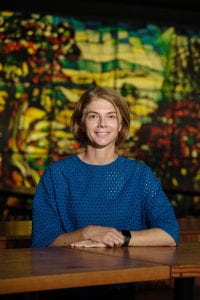
Nikki Moreland PhD, is an Associate Professor of Infection and Immunity and a Principal Investigator of the Maurice Wilkins Centre in the Medical Faculty at the University of Auckland. She has research expertise in humoral immunology and infectious diseases and her laboratory uses a range of approaches to study antibodies and their interactions. A major focus is exploring rheumatic fever pathogenesis as a route to identifying disease biomarkers and informing the design of safe and effective vaccines for Group A Streptococcus.
DR DAVID O'SULLIVAN
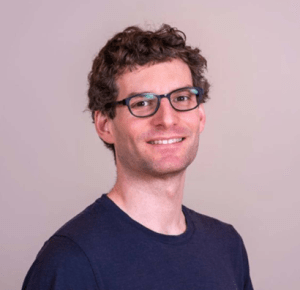
Dr O’Sullivan studied Pharmacology and Toxicology at Te Whare Wānanga o Otāgo—University of Otago before moving to Te Herenga Waka—Victoria University of Wellington to complete a PhD in Cellular and Molecular Bioscience under the supervision of Anne La Flamme. He went on to undertake Postdoctoral Fellowships at Washington University in St Louis, USA and at the Max Planck Institute of Immunology and Epigenetics, Germany, in Erika Pearce’s Laboratory. His research has mainly focused on T cell immunology, within the context of autoimmunity, infectious diseases, or cancer and more broadly on how metabolic processes impact immune cell function. Dr O’Sullivan is currently a Senior Research Fellow at the Malaghan Institute of Medical Research where he is exploring the role that dietary nutrients have in influencing human immune cell metabolism.
DR KYLIE QUINN
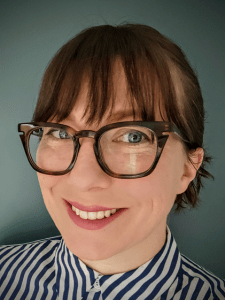
Dr Kylie Quinn is a Vice-Chancellor’s Research Fellow and leads the Ageing and Immunotherapies Group at RMIT University. Her group is developing ways to improve immune responses in older people during vaccination and new cell-based cancer therapies. Immune cells from older people become more difficult activate, so her team are identifying factors that limit activation with the aim of targeting these factors to improve immune health. She has received a number of awards for her work on ageing and immunity, including the John and Eileen Haddon Award in 2019 and a Weary Dunlop Award in 2022. More broadly, Kylie has a long-standing interest in issues of equity in science, volunteering with several diversity and inclusion-focused groups. She is also a keen communicator of science and was a key figure communicating on how vaccines work and are developed to the Australian public during the COVID-19 pandemic.
PROF MICHAEL ROGERS
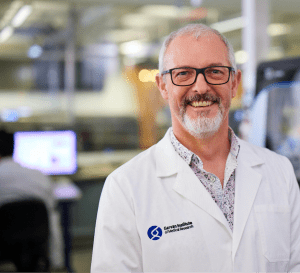
Mike Rogers heads the Immunometabolism Lab at the Garvan Institute and is a Conjoint Professor in the School of Clinical Medicine at UNSW Sydney. Mike trained as a biochemist and gained his PhD in bone pharmacology (1994) from the University of Sheffield, UK, later relocating to the University of Aberdeen (1997-2011) where he was Chair of Musculoskeletal Pharmacology. Mike’s research is focused on the role of the ubiquitous and essential mevalonate pathway of isoprenoid lipid biosynthesis in health and disease, particularly in protein prenylation. He is a world authority on the pharmacology of bisphosphonate drugs used in the treatment of common bone disorders such as osteoporosis, and seeks to understand the the pleiotropic effects of these drugs on the immune system. Mike also created the first genetic mouse models of mevalonate kinase deficiency (a monogenic autoinflammatory disorder) to define mechanisms of disease, develop novel diagnostic approaches and test new precision therapies.
DR CLARE SLANEY

Clare is a Senior Research Fellow at the Peter MacCallum Cancer Centre, Melbourne, Australia. Her current research interests are in understanding the interaction between the immune system and cancer, and in the use of immunotherapy to treat cancer. These interests include the use of genetically modified T cells (CAR T cells) to treat solid cancers. Clare has published over 40 papers in high-impact journals including first and last authorships in Nature Medicine, PNAS, Cancer Research, Clinical Cancer Research and Cancer Discovery. Her accomplishments have been acknowledged with a number of awards including the Seymour and Vivian Milstein Young Investigator Award for notable contributions to basic and clinical research in Switzerland, a Joseph Sambrook Award in Research Excellence, and the respected Mavis Robertson Award that is given each year to a female principal investigator considered to exhibit the greatest promise as a leader in breast cancer research in Australia. In 2021, a spinout company Currus Biologics was formed based on Clare’s research that has attracted an $10 million serial A investment. In the same year, Currus was awarded by the Victoria government as the “Best newcomer Startup Company of the Year”.
PROF JAMES USSHER
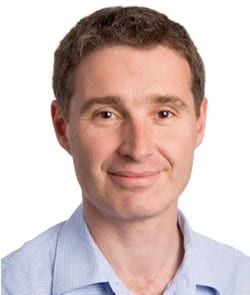
James Ussher is a professor in the Department of Microbiology and Immunology at the University of Otago and a practising clinical microbiologist at Awanui Labs, Dunedin. James graduated in medicine from the University of Otago and subsequently trained in clinical microbiology in Auckland, where he gained his fellowship from the Royal College of Pathologists of Australasia. He undertook a PhD at the University of Auckland under the supervision of Dr John Taylor and Professor Rod Dunbar on recombinant adeno-associated virus as vaccine vector. He then spent three years in Professor Paul Klenerman’s laboratory at the University of Oxford as an Oxford Nuffield Medical Research Fellow where he was involved in several fundamental discoveries concerning mucosal associated invariant T (MAIT) cells. In 2013 he returned to the University of Otago to a joint academic and clinical appointment. His research interests are in infection and immunity. In particular, he is interested in antibacterial immunity, the role of MAIT cells, and how MAIT cells might be harnessed to prevent or treat bacterial infections. His laboratory also studies the transmission of antimicrobial resistance, including in the Pacific. During the COVID-19 pandemic, he was involved in establishing the Vaccine Alliance Aotearoa New Zealand – Ohu Kaupare Huaketo (VAANZ), which has developed a SARS-CoV-2 vaccine candidate.
DR NICK VAN PANHUYS
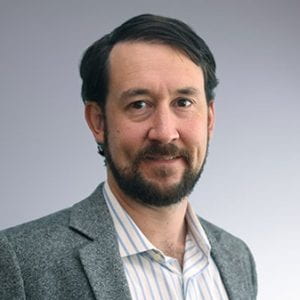
Dr. van Panhuys completed his BSc(Hons) in Molecular Biosciences at Victoria University. Before being awarded Rex and Betty Coker Post Graduate Scholarship to conduct his PhD studies at the Malaghan Institute for Medical Research, where he investigated the role of IL4 and STAT6 in protective immunity and T helper 2 immune responses. He was then awarded the NZ Foundation for Research Science and Technology post-doctoral fellowship award, to work as a visiting fellow at the National Institutes of Health and subsequently was appointed as a research fellow in the Laboratory of Systems Biology at the NIAD, NIH. Since 2015, he has led the Laboratory of Immunoregulation at Sidra Medicine, Doha, Qatar. Where his research team focuses on exploration of the systems that promote inflammation and the opposing mechanisms that regulate and dampen inappropriate immune responses to promote homeostasis. The major area of interest of the Laboratory of Immunoregulation is in analyzing the cellular differentiation pathways which control the balance of immune cells that are able to control disease by regulating inflammation and shutting down the inappropriate responses that occur in asthma, allergic disease and type 2 diabetes. Whilst, at the same time discerning the underlying genetic, epigenetic and molecular pathways which allow the inflammatory cells present in specific individuals to escape from these regulatory controls and initiate disease pathology.
DR ROB WEINKOVE
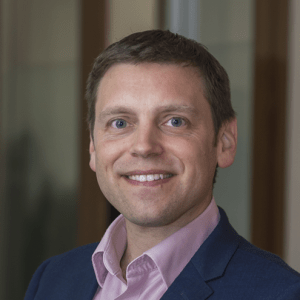
Dr Robert Weinkove is Clinical Director at the Malaghan Institute of Medical Research (MIMR), and a Consultant Haematologist at Te Whatu Ora Health New Zealand. After studying medicine at the University of Cambridge and Kings College London, he trained in clinical haematology in London and in Hannover, and undertook a PhD in immunology at the University of Otago.
Dr Weinkove leads a clinical and translational chimeric antigen receptor (CAR) T-cell programme at the Malaghan Institute, and is Principal Investigator of ENABLE (NCT04049513), a phase 1 trial of a novel third generation CAR T-cell therapy for B-cell lymphomas. Dr Weinkove is an active member of the Australasian Leukaemia & Lymphoma Group, and contributes to clinical trials and guidelines in the fields of B-cell leukaemias/lymphomas, and infection prophylaxis for immunosuppressed patients.
Foundation Lecturer

A/PROF JUDITH GREER
Judith Greer was awarded a PhD from the University of Queensland in the field of tumour immunology, before undertaking a post-doctoral fellowship with Prof Marjorie Lees at Harvard in the area of neurochemistry. Following several serendipitous discoveries, she emerged from these experiences with a major interest in neuroimmunology, and has continued in that field throughout her career, particularly in investigations of autoimmune disorders affecting the nervous system in both humans and animal models. Judith has a long (since 1985) association with ASI and is also very fond of history, and perhaps for that reason volunteered to be the Honorary Archivist of the ASI, a position she has now had for 25 years. In this Foundation Lecture, she will look back at some of the history of the ASI and the many inspiring people who have made ASI, and the influence that many of them have had (directly or indirectly) on her research, and maybe say a few words about what she sees as some of the major questions that immunologists still need to answer, particularly in the autoimmunity arena.
Burnet Orator
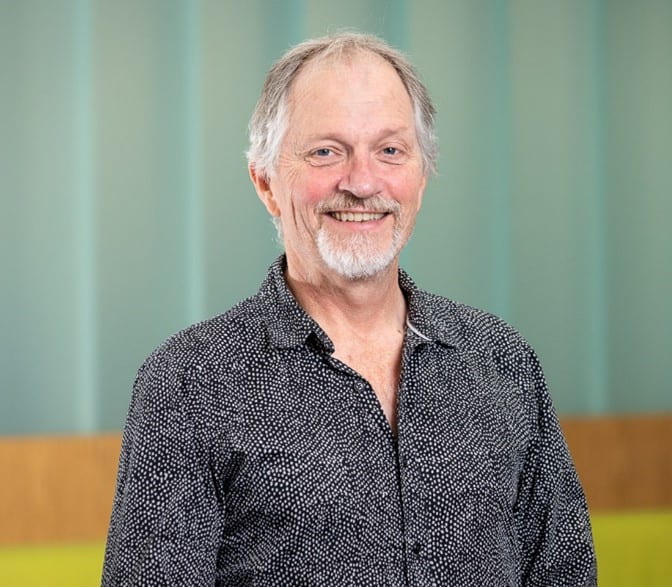
PROF DAVID TARLINTON
David was awarded a BSc from the University of Sydney, Australia in 1981 and a PhD in 1989 from the Department of Genetics at Stanford University, California under the supervision of Prof Len Herzenberg. He was a post-doctoral fellow with Prof Klaus Rajewsky in Cologne, Germany, and then with Prof Gus Nossal at the Walter and Eliza Hall Institute (WEHI) in Melbourne Australia, where he became a faculty member and NHMRC Australia Research Fellow in 1996. David continued work as a laboratory head at WEHI till 2016, reaching the level of Principle Research Fellow and Professor at the University of Melbourne. He then accepted the position of Professor and Head of Department of Immunology and Pathology at Monash University, which he continues to hold. He is the recipient of NHMRC Australia Investigator and Ideas grants and his research focus is on the development and differentiation of B lymphocytes with an emphasis on the formation and maintenance of immune memory. Since moving to Monash, his work has expanded to include longitudinal studies on the development of graft rejection in human organ transplant recipients. David has published over 190 papers, is a former President of the Australian and New Zealand Society for Immunology (ASI) and a member of the American Association of Immunologists. He is a recipient of the ASI Miller Travel Award, the Australia Museum Eureka Prize in Basic Research, the Lupus Research Alliance Distinguished Innovator award and is an adviser and on the editorial board of several immunology journals.
Equity, Diversity, and Inclusion Guest Speaker
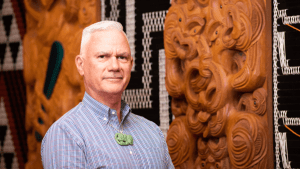
A/PROF CLIVE ASPIN
Clive Aspin is a public health researcher who grew up in Hauraki where he has strong whakapapa connections to Ngāti Maru, Ngāti Whanaunga and Ngāti Tamaterā.
He is an Associate Professor and the inaugural Associate Dean Māori in the Faculty of Health at Te Herenga Waka.
He has served as a ministerial appointment to the Board of the Health Research Council and he sits on a number of Māori advisory boards, including those of the Malaghan Institute of Medical Research and the Medical Research Institute of New Zealand.
His research interests focus on Māori and indigenous health, chronic illness, and HIV. He was the lead New Zealand investigator of a collaborative project with Australia and Canada that investigated the impact of HIV on indigenous communities in the three countries, and examined the role of resilience in responding to HIV. He is currently leading an HRC-funded project investigating coronial processes related to rangatahi suicide.
International Plenary Speakers

PROF IDO AMIT
Bio coming soon.
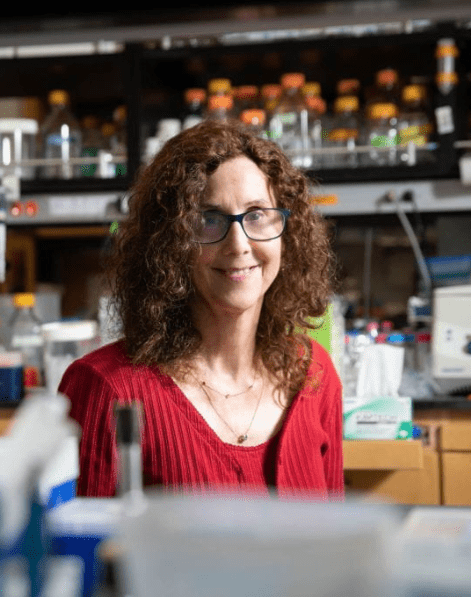
PROF PAMELA BJORKMAN
Dr. Bjorkman is the David Baltimore Professor of Biology and Biological Engineering at Caltech and a Merkin Institute Professor. Her laboratory does basic and translational research to understand immune recognition of viral pathogens. They\ are particularly interested in understanding antibody responses against viruses in order to develop improved therapeutics and potential vaccines. As part of their approach, they investigate the structural correlates of broad and/or potent antibody-mediated neutralization of HIV-1, SARS-CoV-2, Zika, and hepatitis C virus.
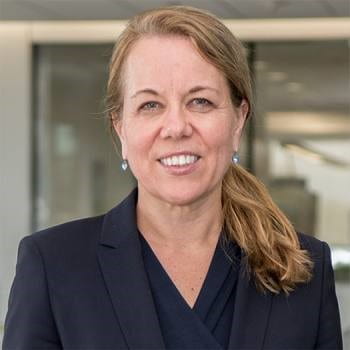
PROF CATHERINE BOLLARD
Bio coming soon.
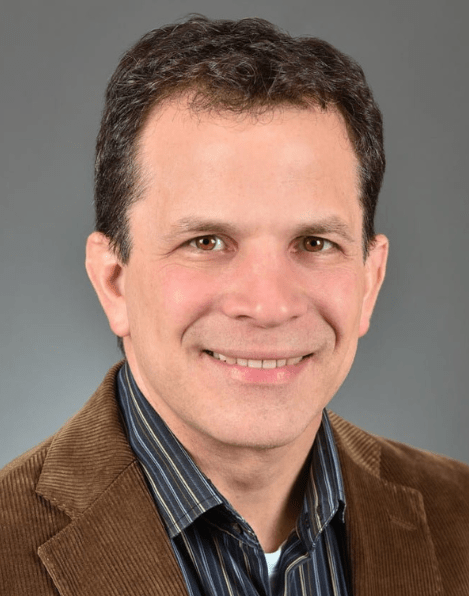
PROF JONATHAN KAGAN
Jon Kagan is a world leader in defining the molecular and cellular pathways by which the innate immune system recognizes infection and tissue injury. He has worked at
the interface of host-microbe interactions for over 25 years, first as a trainee at Yale and since 2007 at Harvard. At Harvard, he runs a research lab based in Boston Children’s Hospital. He is the Marian R. Neutra, PhD Professor of Pediatrics at Harvard Medical School and the director of Basic Research and Shwachman Chair in Gastroenterology at Boston Children’s Hospital. Kagan’s primary research interest is to understand the molecular basis of inflammation. He has made significant discoveries in this area, most notably in the inflammatory pathways stimulated by Toll-like Receptors (TLR), RIG-I like Receptors (RLR), cGAS-STING and inflammasomes. Each of these pathways are key to the induction of anti-infection and anti-tumor immunity. More broadly, his work helped establish a comprehensive map of the subcellular sites of innate immune signaling. This map serves as the foundation of our understanding of the earliest stages of immune activation. He is the co-founder of Corner Therapeutics, where he serves as an advisor. Kagan has also advised several other companies in the immunotherapy space, including IFM Therapeutics, Neumora Therapeutics and Larkspur Biosciences.
Kagan’s work has been recognized with awards from the American Association of Immunologists, the Burroughs Welcome Fund and the International Endotoxin and Innate Immunity Society. He was a National Finalist for the Blavatnik Laureate in Life Sciences and a semi-finalist in the 2014 HHMI Investigator competition. Dr. Kagan is an elected Fellow of the American Academy of Microbiology.
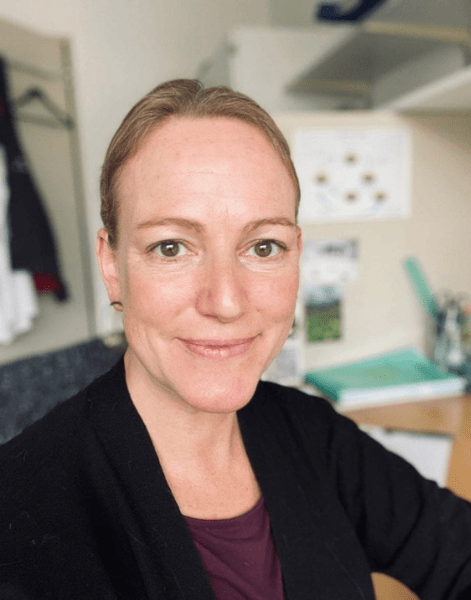
PROF CAROLYN KING
Carolyn received her B.S. in biology from Duke University and her PhD in immunology from the University of Pennsylvania, where she studied the role of TRAF6 in T cell tolerance. After a postdoctoral fellowship studying the impact of T cell receptor singling on asymmetric cell division and fate, Carolyn started her independent group at the University of Basel. The King lab focuses on understanding the molecular underpinnings of CD4 T cell responses during infection with a focus on T cells that support antibody production by B cells. More recently this work has expanded to investigate how antibodies and macrophage remodelling intersect to modulate pulmonary immunity to globally relevant pathogens including influenza and tuberculosis.
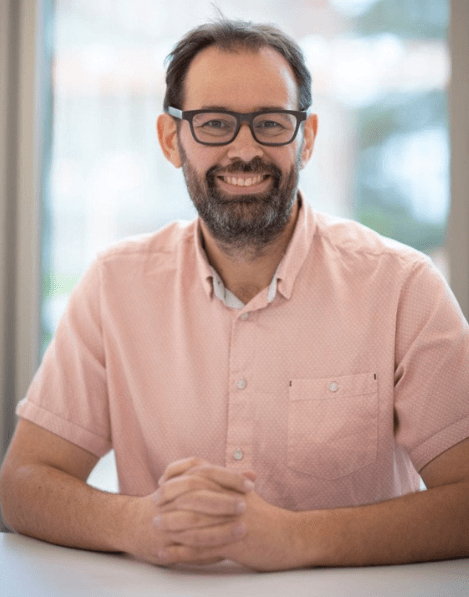
PROF ADRIAN LISTON
Adrian Liston is Professor of Pathology at Department of Pathology. Liston trained at Adelaide University before a PhD at the Australian National University, and a post-doc at the University of Washington, with additional degrees in Higher Education and Public Health. Liston started his career as an independent researcher at the VIB and University of Leuven in Belgium, where he ran a lab with Dr James Dooley for 10 years (2009-2018) before moving the lab to the Babraham Institute in 2019. Between 2019 and 2023, the Liston-Dooley lab worked on biotechnology developments in neuroinflammation, developing new therapeutic approaches and setting up a spin-off company Aila Biotech Ltd. In 2023, the Liston-Dooley laboratory relocated to the Department of Pathology, where Liston took up the position of Professor of Pathology.
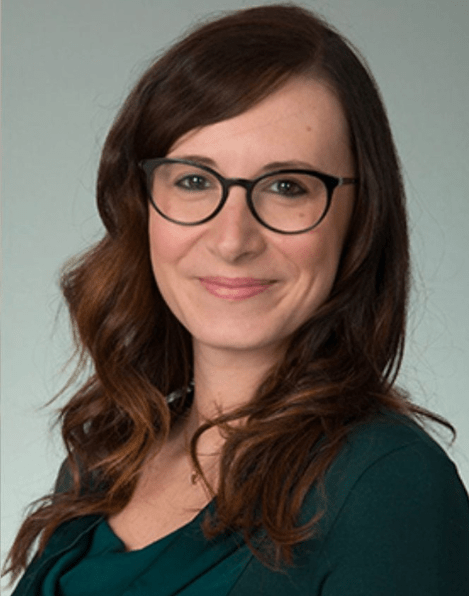
A/PROF MICHELA LOCCI
Michela Locci graduated magna cum laude in Biotechnology from the University of Bologna (Italy), and received her Ph.D. in Immunology and Applied Biotechnology from Tor Vergata University (Italy). After her postdoctoral training in Dr. Shane Crotty’s group (USA), she joined the University of Pennsylvania (USA) as an Assistant Professor of Microbiology in 2018. Her research is focused on the biology of T follicular helper (Tfh) cells and regulation of germinal center (GC) responses following vaccination and infection. Dr. Locci’s work has contributed to our current understanding of the nature of memory Tfh cells, the processes regulating the differentiation of Tfh cells as well as the quantitative and qualitative features of Tfh and GC B cell responses elicited by messenger RNA (mRNA) vaccines. Currently, major efforts in the Locci lab are aimed at shedding light on the immunological mechanism of mRNA vaccines.
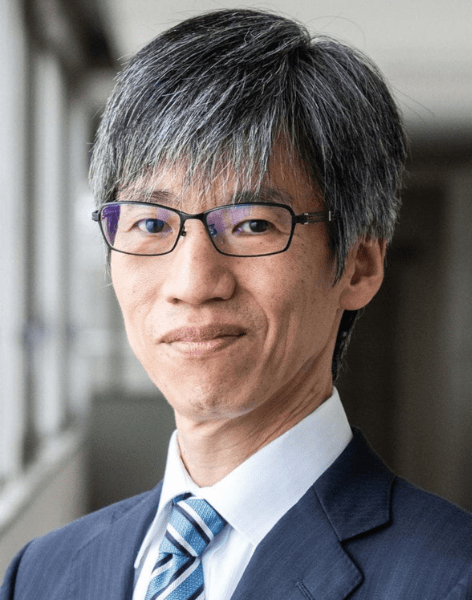
PROF KIYOSHI TAKEDA
Kiyoshi Takeda graduated from Osaka University School of Medicine in 1992 and conducted his PhD work at the Graduate School of Medicine, Osaka University under the supervision of Prof. Shizuo Akira. He was an assistant professor at Hyogo College of Medicine, and Research Institute for Microbial Diseases, Osaka University, where he worked on Toll-like receptor-dependent pathogen recognition mechanisms. In 2003, he became a professor at Medical Institute of Bioregulation, Kyushu University, and then moved to Graduate School of Medicine, Osaka University in 2007. Now, he is a director and professor at Immunology Frontier Research Center, Osaka University. His research activity is focused on understanding the pathogenesis of inflammatory bowel diseases, particularly the analysis of how intestinal homeostasis is maintained by mucosal immune cells and epithelial cells. He is also analyzing how microbiota resides in the intestine without evoking inflammatory responses and influences the host’s health.
National Plenary Speakers
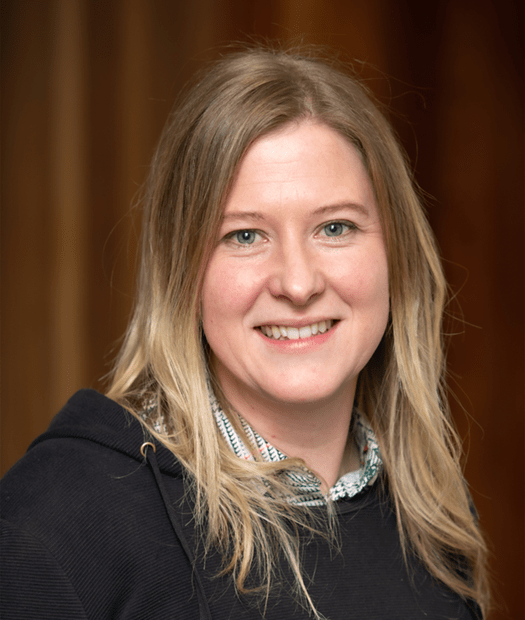
DR LISA CONNOR
Lisa is a Senior Lecturer in Immunology at Te Herenga Waka – Victoria University of Wellington and Research Associate at the Malaghan Institute of Medical Research. In 2020, she became team leader for the vaccine evaluation team in the Vaccine Alliance Aotearoa New Zealand and has been actively involved in the development of a vaccine candidate for SARS-CoV-2. Lisa’s research group focuses on cellular and molecular mechanisms that regulate the generation of adaptive immunity to vaccination. Her research includes investigating the interaction between unconventional T cells, B cells, follicular T cells and dendritic cells to develop mucosal vaccines that enhance immunity in the respiratory tract.
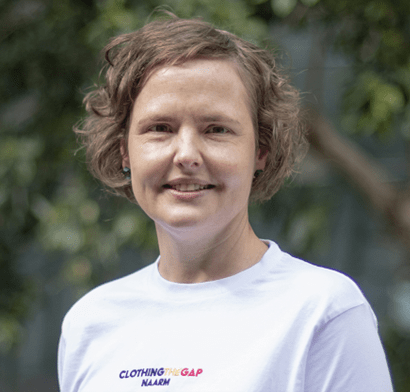
A/PROF JOANNA GROOM
Associate Professor Joanna Groom is an NHMRC L1 Investigator fellow and laboratory head in the Immunology division of the Walter and Eliza Hall Institute (WEHI). Dr Groom’s research focuses on deciphering how cellular positioning and communication control immune responses, and how this can be leveraged to optimise clearance and protection from infection and cancer. This interest was piqued during her PhD, at the Garvan Institute, investigating the cellular signaling critical to lupus autoimmunity. She performed her postdoctoral research with Prof. Andrew Luster, a leader in chemokine biology at Harvard Medical School/Massachusetts General Hospital (HMS/MGH). Here, she found that directed cell migration into lymphoid niches is intertwined with cell fate and function. Dr Groom’s team has made a series of advancements that enable 3D imaging of intact lymphoid organs and used this to discover the distinct niches that support the differentiation of effector and memory T cells. Her current research combines imaging and transcriptional analysis to dissect the cellular interactions that mediate protection against diverse pathogenic infections and cancer.
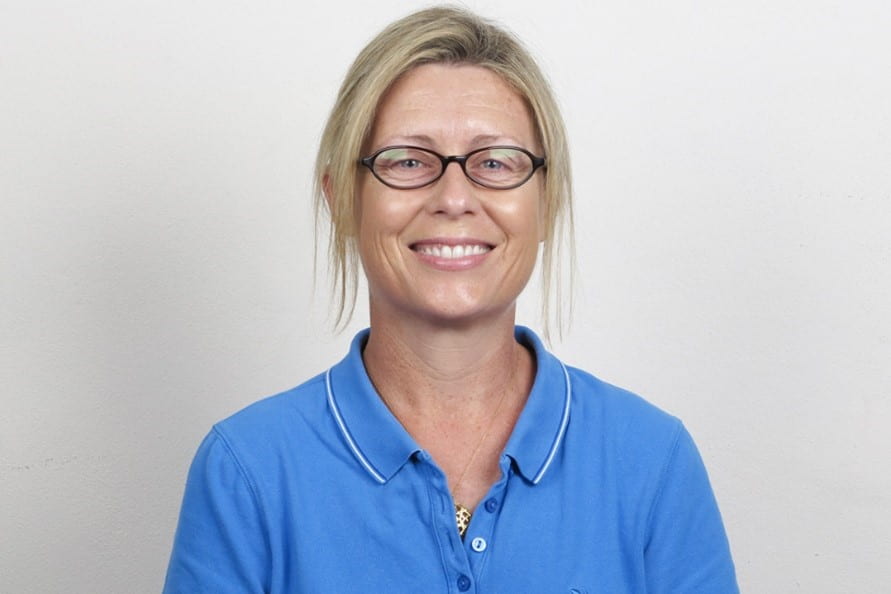
A/PROF CECILE KING
Cecile King is an Associate Professor at the School of Biotechnology and Biomolecular Sciences at UNSW Sydney. Dr King received her PhD from UWA and completed postdoctoral training at the Scripps Research Institute, La Jolla, USA. Dr King’s research led her towards studying RNA and retrotransposons where she is harnessing her expertise in immunology to probe their function. Over a third of our genomes are made up of retrotransposons and their ability to regulate the expression of genes in a cell type-specific manner makes them exciting both as a basic research focus and as therapeutic targets. Dr King’s research program is using state-of-the art technologies to identify retrotransposons that impact cellular function and understand their effect on the immune response.
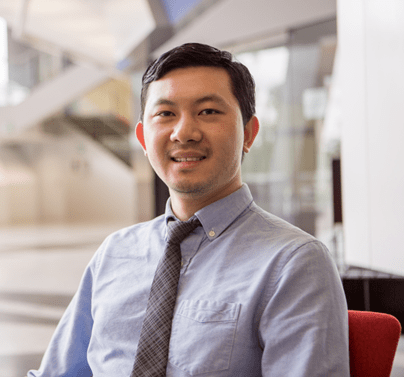
PROF SI MING MAN
Si Ming received his Ph.D. from the University of Cambridge, United Kingdom, for his work on the immune system in the host defence against Salmonella. He obtained his postdoctoral training from St. Jude Children’s Research Hospital, Memphis, USA, where he studied the role of inflammasome signalling in infection and cancer. Currently, he is a Professor and CSL Centenary Fellow at the Australian National University, Australia, where his laboratory focuses on understanding innate immunity in infection and cancer.
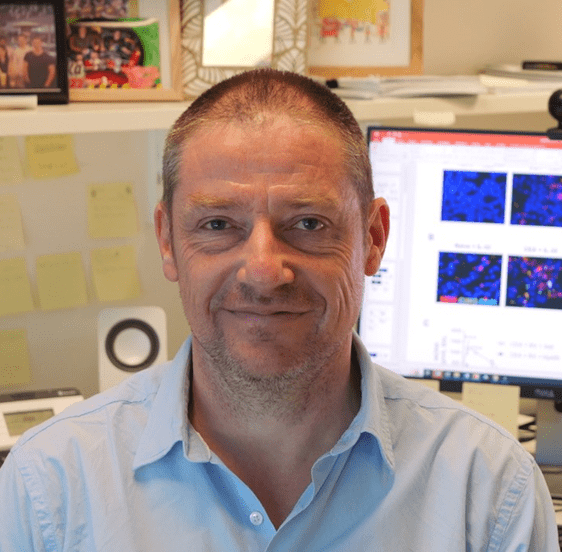
A/PROF SIMON PHIPPS
Simon Phipps undertook his PhD thesis at the National Heart and Lung Institute, Imperial College London before postdoctoral fellowships at The John Curtin School of Medical Research, Australian National University and the University of Newcastle. In 2010, he moved to The University of Queensland to set up an independent research laboratory, before joining Queensland Institute of Medical Research in 2017 to head the Respiratory Immunology group. His research program simulates gene-environment interactions and host-microbe interactions that predispose to severe lower respiratory infections in infancy and the subsequent development of childhood asthma. He was recently awarded the Klosterfrau Award in recognition of his work in the field of paediatric pulmonology.
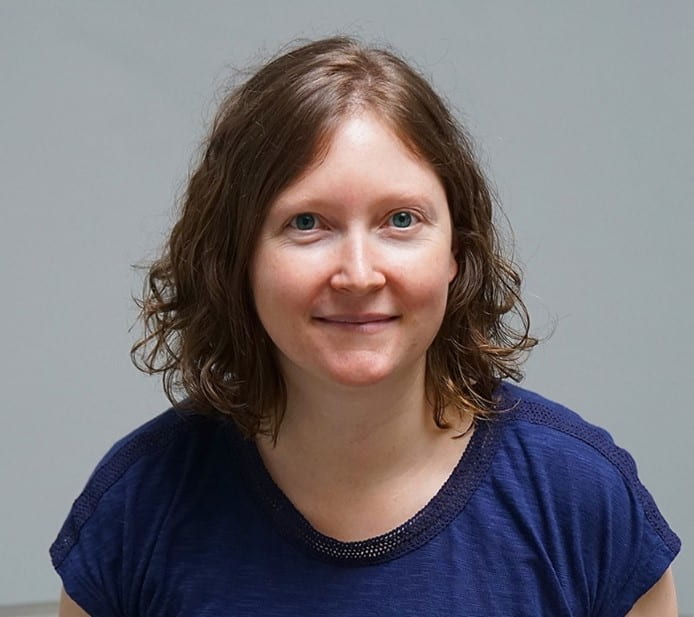
A/PROF JOANNE REED
Joanne Reed is a laboratory head and Peter Tosi Principal Research Fellow at the Westmead Institute and an Adjunct Associate Professor at University of Sydney and University of New South Wales. She has a long-standing interest in autoimmune disease, particularly the origins and pathogenesis of autoantibodies. Joanne completed her PhD at Flinders University studying autoantibodies in patients with Sjögren’s syndrome and lupus. She received a NHMRC CJ Martin Fellowship for postdoctoral training at New York University where she investigated how autoantibodies collaborate with genetic variants to initiate tissue injury in neonatal and adult lupus. In 2013 Joanne returned to Australia to develop genomic approaches to understand autoimmune disease at Australian National University and the Garvan Institute. Here she developed a multi-omic approach to identify the rare circulating B cells responsible for severe autoimmune pathology in patients with Sjögren’s syndrome. In 2021, Joanne established the Autoimmunity and Amyloidosis Lab at Westmead Institute. Her current research uses single cell genomics and recombinant antibody technology to improve prediction and inform precision medicine approaches for autoimmune and amyloid diseases. Joanne is an elected council member for the ASI and IUIS and co-chair of the ASI Advanced Immunology School.
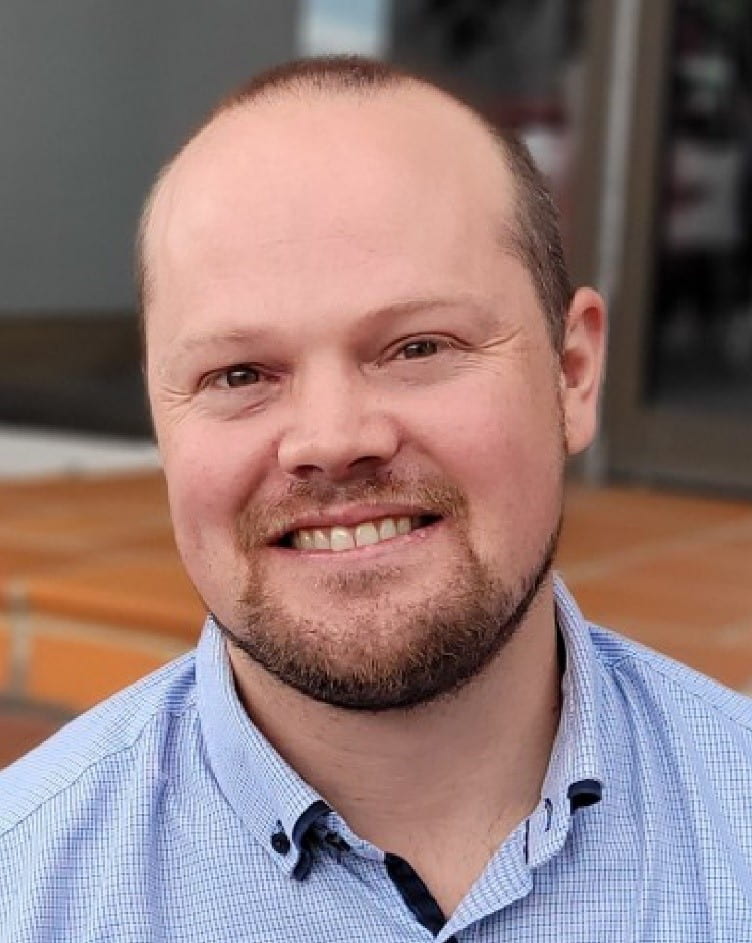
DR MARCUS ROBINSON
Dr Robinson leads the IgE and Plasma Cell Development research group in the Immunology Department at Monash (since 2021). Dr Robinson completed PhD research training at the Malaghan Institute of Medical Research in 2013, and subsequently undertook post-doctoral training at UCSF (2013-2016) and Monash University (2017-2021). Dr Robinson has produced seminal studies on plasma cell retention and turnover (Immunity 2023), plasma cell accrual (Sci Imm 2022), and pre-germinal centre response biology (Cell reports 2020), as well as contributing to key studies on IgE response propagation (eLife 2016, J Exp Med 2023). The Robinson group’s primary focus is to understand IgE-producing plasma cell longevity, their sites of formation and turnover kinetics in allergic immune responses. The Robinson research group also studies disease-preventing antibody-secreting plasma cells, aiming to determine ways to improve antibody responses with common vaccine approaches in mammals. As a career researcher, Dr Robinson’s focus is to unravel core questions of allergy and vaccine biology that may lead to improvements in current clinical treatments for hard-to-control diseases, and developing knowledge to position immunologists to fend off pandemics if and as they arise in coming years.
International Symposia Speakers
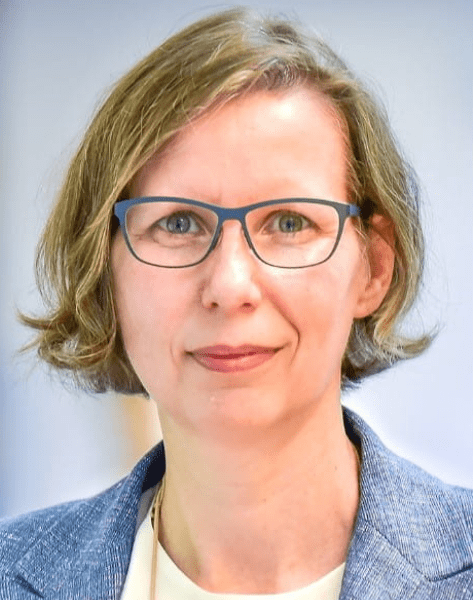
PROF MEGAN K. LEVINGS
Dr. Megan Levings is a Professor in the Department of Surgery and School of Biomedical Engineering at the University of British Columbia and BC Children’s Hospital Research Institute. Her lab studies how a special kind of white blood cell, known as a T regulatory cell, could be used as a cellular therapy to stop harmful immune responses. She is internationally recognized in the field of human immunology and leads a vibrant group of trainees and staff who are researching how to use T regulatory cells to replace conventional immunosuppression in the context of transplantation and autoimmunity. She has won numerous awards, including 2020 YWCA Woman of Distinction, Science, Research & Technology, 2022 Simon Fraser University Outstanding Alumni award, and 2022 UBC Faculty of Medicine Distinguished Researcher in the Basic/Foundational Science Category.
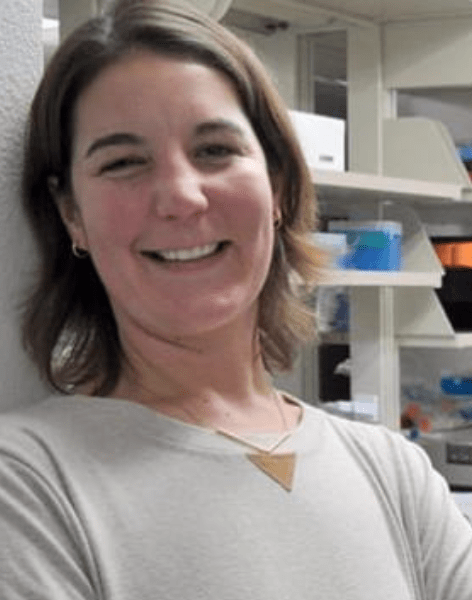
A/PROF JODI MCGILL
Jodi McGill received her M.S. in Pathology in 2007 and Ph.D. in Immunology in 2010, both from the University of Iowa. She did her postdoctoral fellowship at the National Animal Disease Center, USDA under the guidance of Dr. Randy Sacco and Dr. Ray Waters studying the immune response to respiratory infections in cattle. Jodi is currently an Associate Professor in the Department of Veterinary Microbiology and Preventive Medicine at Iowa State University. The focus of Dr. McGill’s research is to understand the immune response to respiratory infections, and to develop intervention strategies to promote protective immunity in the respiratory tract. The McGill lab has a One Health approach, exploring the immune system in multiple animal models to benefit both human and animal health. She currently studies the immune response to several viral and bacterial pathogens that cause bovine respiratory disease complex in cattle. Jodi was the 2020 recipient of the Zoetis Award for Veterinary Research Excellence at ISU. She was awarded the John G. Salsbury Endowed Chair in Veterinary Medicine in 2021. Dr. McGill’s research has been supported by private industry, not-for-profit research foundations and federal research dollars from the USDA and National Institutes of Health. Jodi is past President of the American Association of Veterinary Immunologists, sits on the Veterinary Immunology Committee for the American Association of Immunologists and is on the program committee for the Conference for Research Workers in Animal Diseases. Dr. McGill currently serves as the Assistant Dean for Research and Graduate Studies in the College of Veterinary Medicine at ISU.
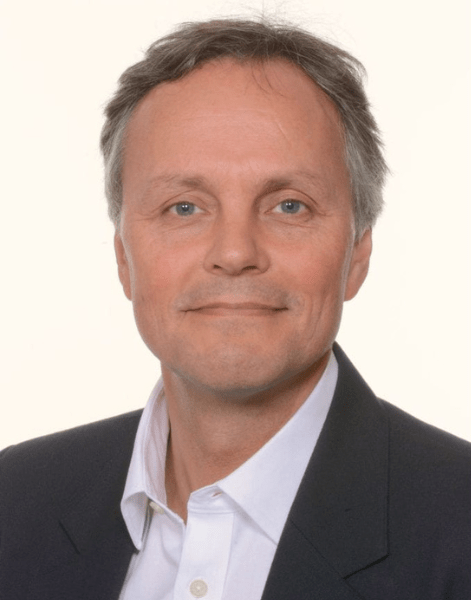
PROF GRAHAM OGG
Graham Ogg is Professor of Dermatology at the MRC Human Immunology Unit at the University of Oxford. Research and clinical work are based on the investigations of mechanisms of disease pathogenesis of the patients he sees with inflammatory skin disease. Graham is interested in the translation of new insights underlying tissue immune responses, including T cell interactions in skin. The primary area of focus is on the role of CD1a-reactive lipid-specific T cells in skin disease pathogenesis with progression of approaches to target the pathway therapeutically.
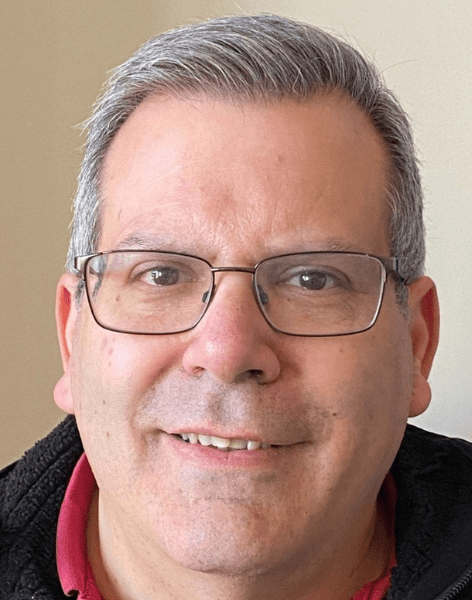
PROF PHILIP SANTANGELO
Dr. Philip J. Santangelo is a Professor in the Wallace H. Coulter Department of Biomedical Engineering, at Emory University and Georgia Tech. My background, PhD in Engineering from University of California, Davis, is a diverse mixture of engineering, physics, chemistry and biology, with an emphasis on working at the interface of multiple disciplines. My research interests are focused on the development of novel imaging probes, the pathogenesis of viruses, and the development of mRNA-based therapies and vaccines. In the area of novel imaging probes, the first PET contrast agent for SIV and SHIV infections was developed in my lab, as well as the application of PET imaging to the interrogation of mRNA-based vaccines. In the field of mRNA-based therapeutics, my lab has spearheaded the development of a molecular toolbox for characterizing mRNA delivery and the development of new applications of mRNA, including the delivery of mRNA-encoded antibodies and CRISPR proteins systemically and to mucosal interfaces, with an emphasis on the lung and female reproductive tract.
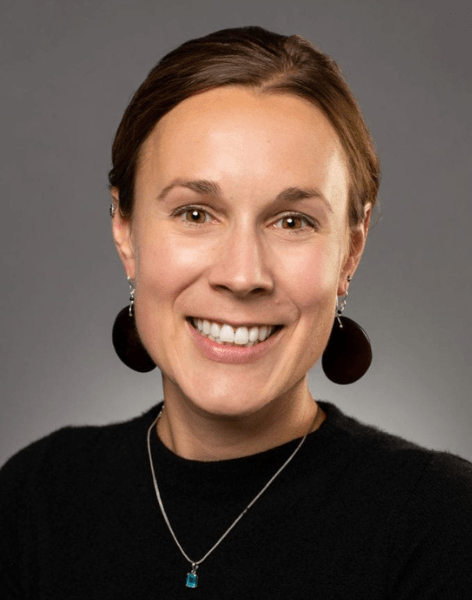
A/PROF ELIA TAIT WOJNO
Dr. Elia Tait Wojno pursues a passion for immunology research as an Associate Professor in the University of Washington Department of Immunology. Elia received her PhD from the University of Pennsylvania, working with Dr. Christopher Hunter in the School of Veterinary Medicine to examine how cytokines regulate immunity to the protozoan parasite Toxoplasma gondii. She went on complete a postdoctoral fellowship with Dr. David Artis in the University of Pennsylvania Perelman School of Medicine and Weill Cornell Medical College, focusing on innate immune responses during helminth infection and allergic disease. At UW, she continues her work in dissecting innate and adaptive immune responses during helminth parasite infection and allergy, with a special emphasis on the role of cytokines and prostaglandins. Her work aims to inform efforts to develop new therapies and vaccines to combat parasite infection and limit allergic inflammation.
National Symposia Speakers
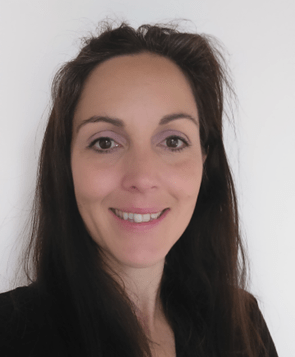
A/PROF MARIAN BURR
A/Prof Marian Burr is a clinician scientist and head of the Cancer Immunology and Epigenetics laboratory at the John Curtin School of Medical Research, and an honorary clinical fellow in Anatomical Pathology at Canberra Hospital. After undertaking medical training in the UK, Marian completed a PhD at the University of Cambridge studying MHC class I regulation in Paul Lehner’s laboratory, followed by specialist clinical training in Anatomical Pathology. In 2015 she was awarded a Cancer Research UK Clinician Scientist Fellowship to establish a cancer immunology research program in Cambridge, and subsequently in Melbourne, where she trained in cancer epigenetics at the Peter MacCallum Cancer Centre. In 2021, she established a research lab at Australian National University as a Snow Fellow and NHMRC Investigator. Her laboratory aims to understand the molecular mechanisms by which cancer cells evade immune surveillance with the aim of identifying new therapeutic strategies to overcome immunotherapy resistance.
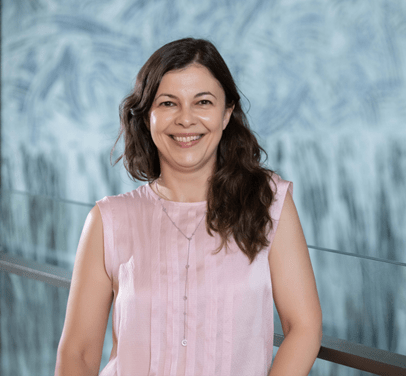
A/PROF TATYANA CHTANOVA
Associate Professor Tatyana Chtanova is the head of the Innate and Tumour Immunology laboratory, School of Biotechnology and Biomolecular Sciences, UNSW Sydney. After undergraduate studies at the University of New South Wales, Tatyana was awarded her PhD in 2005 for her thesis work on specific gene expression signatures for novel T cell subsets, performed at the Garvan Institute.
Following her PhD, Tatyana was awarded the Human Frontier Science Program Fellowship to train at the University of California, Berkeley. During her fellowship she gained expertise in intravital microscopy and applied it to uncover a unique immunological response to inflammation called neutrophil swarming and a novel mechanism of immune evasion by pathogens.
Tatyana’s main research interest is in developing unique approaches such as two-photon microscopy and in situ photoconversion to understand fundamental immunological processes including infection, wound repair and cancer. The overall goal of Tatyana’s research program is to harness inflammation to develop new immunotherapy for cancer and promote wound healing.
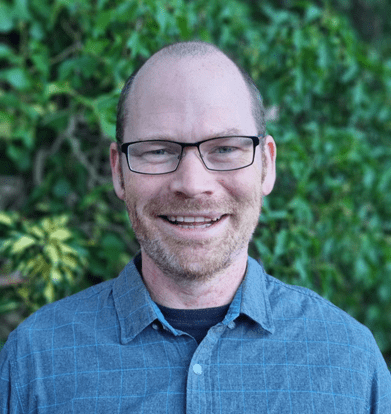
DR IAIN COMERFORD
Dr Iain Comerford is Senior Research Fellow at The University of Adelaide funded by MS Australia and the NHMRC. He completed his PhD in chemokine biology and immunology at the Beatson Institute for Cancer Research and the University of Glasgow with Professor Robert Nibbs and then joined the Chemokine Biology Laboratory at the University of Adelaide, which he now co-leads with Professor Shaun McColl. His lab’s main interests are in the regulation of T cell migration in contexts of CNS autoimmunity, lung inflammation during viral infection and into solid tumours. He also has a strong focus on the role of atypical chemokine receptors in shaping functional chemokine gradients.
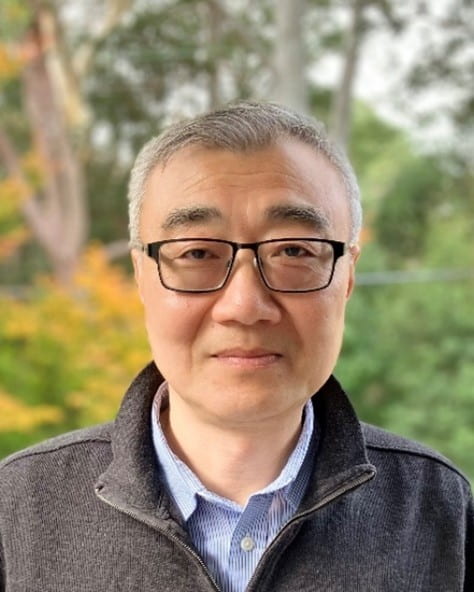
PROF CARL FENG
Carl Feng is a Professor of Immunology at the University of Sydney, Australia. He received his Ph.D. from the University of Sydney and completed his postdoctoral training at the National Institutes of Health (NIH), USA. He was a Staff Scientist at NIAD, NIH before joining Sydney University as an academic. Dr Feng has a long-standing interest in understanding mechanisms mediating host resistance to infection. The goal of his program is to seek fundamental knowledge about immune system and to use that knowledge to reduce the burden of human infectious diseases, such as tuberculosis and influenza.
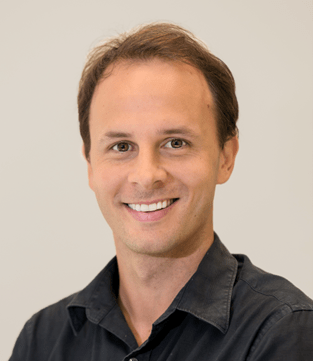
DR PAUL GIACOMIN
Dr Paul Giacomin completed his PhD in 2008 at the University of Adelaide under the supervision of Dr Lindsay Dent, where he studied the immune responses to parasitic worms. He conducted his postdoctoral training with Dr David Artis at the University of Pennsylvania, before returning to Australia to work at the Australian Institute of Tropical Health and Medicine (AITHM) at James Cook University, Cairns. His research investigates the immunobiology of worm infections and inflammatory bowel diseases in animal models and human clinical trials, to understand the cytokines and cells that regulate immunity and inflammation in the gut. He is also co-founder and director of the biotech startup Macrobiome Therapeutics, which aims to translate and commercialise hookworm-derived proteins for inflammatory and metabolic diseases.
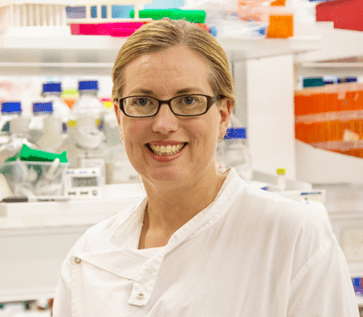
A/PROF EMMA HAMILTON-WILLIAMS
Associate Professor Emma Hamilton-Williams’ career focuses on understanding how immune tolerance is disrupted leading to the development of the autoimmune disease type 1 diabetes. She received her PhD from the Australian National University and trained as a postdoctoral fellow in Germany and the USA. In 2012 she started a laboratory at the Frazer Institute, University of Queensland with funding from the Juvenile Diabetes Research Foundation and NHMRC grants. Currently an Associate Professor, her laboratory focuses on understanding the role of the gut microbiota as a potential trigger or therapy for type 1 diabetes as well as developing new immunotherapies for type 1 diabetes. She is studying microbiome development in children at-risk of type 1 diabetes starting from pregnancy through infancy and childhood, to understand how lifestyle and diet interact with the microbiome as risk factors for disease progression. She recently conducted a clinical trial of a microbiome-targeting dietary supplement aimed at restoring a healthy microbiome in T1D. Her laboratory uses state-of-the-art ‘omics’ technologies and microbiome transplant studies to develop new interventions prevent or halt this disease.
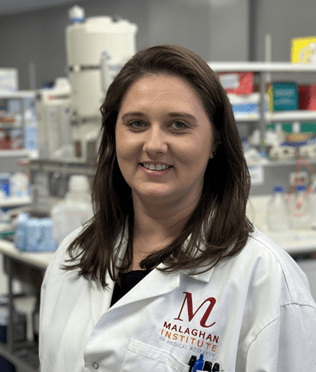
DR KERRY HILLIGAN
Dr. Kerry Hilligan completed her Master of Biomedical Science and Ph.D. in Immunology at the Malaghan Institute of Medical Research in Wellington, New Zealand. She went on to do her postdoctoral training with Dr. Alan Sher at the National Institute of Allergy and Infectious Diseases in the United States working on innate host resistance to tuberculosis and SARS-CoV-2. In 2022, Kerry returned to the Malaghan Institute to establish a research programme focusing on inflammatory imprinting of the pulmonary environment and its role in determining host resistance to respiratory infections and allergy.
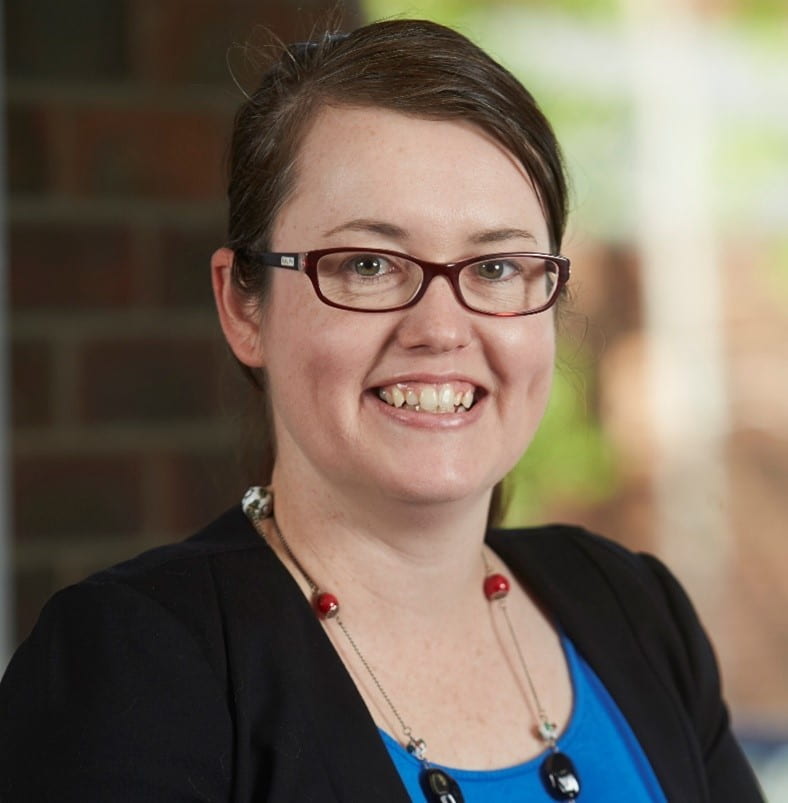
DR CONNIE JACKAMAN
Dr Connie Jackaman is based at the Curtin Medical School, Curtin Health Innovation Research Institute (CHIRI), Perth, Western Australia. She completed her PhD in tumour immunology, followed by postdoctoral training in muscle pathology and related diseases. She moved to Curtin in 2012 and leads a team investigating myeloid cell function in the elderly. Her current research focuses on examining the impact of dysregulated myeloid cell inflammation on age-related diseases/comorbidities including muscle diseases, cancer and dementia. Prior to her current position she was in a dual role as early career research fellow and facility manager. In this role she set up and then managed the CHIRI flow cytometry and imaging facility (flow cytometry 2012-2016, microscopy 2012-2020), leading to a successful ARC LIEF bid for a rapid acquisition microscopy suite based in CHIRI.
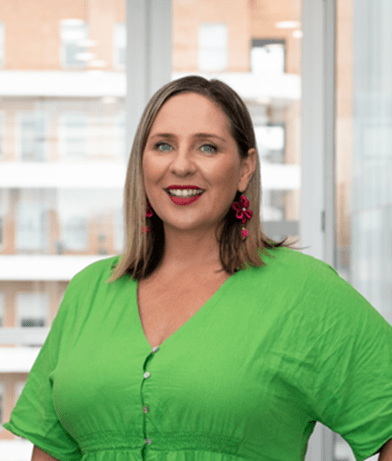
A/PROF MISTY JENKINS
Misty Jenkins is a NHMRC fellow and laboratory head in the Immunology Division at Walter and Eliza Hall Institute for Medical Research. Misty leads the immunotherapy program within the Brain Cancer Centre and is dedicated to discovering novel immunotherapy targets for high grade gliomas in adults and children. Her research focusses on the development of novel chimeric antigen receptor T cells for brain cancer. Her group also uses cutting edge two-photon microscopy combined with mouse models of brain cancer to investigate the tumour microenvironment and uncover unique biology of brain tumours.
Misty has a PhD in Immunology from The University of Melbourne, followed by postdoctoral positions at The Universities of Oxford, Cambridge and the Peter MacCallum Cancer Centre.
A/Prof Jenkins was awarded the L’Oreal for Women in Science Fellowship (2013), was Tall Poppy of the year (2015), was awarded the Top100 Women of Influence award (2016) and was inducted onto the Victorian Honour Roll of Women in 2020.
In addition to her research career, A/Prof Jenkins is experienced in governance and strategy as a company Director, co-chairs a Federal Health Medical Research Future Fund (MRFF) and is a passionate advocate for gender equity and Indigenous Health and education. She was awarded an Officer of the Order of Australia (AO) in 2023 for distinguished service to medical science in Immunology, the support of women in STEM, and to the Indigenous community.
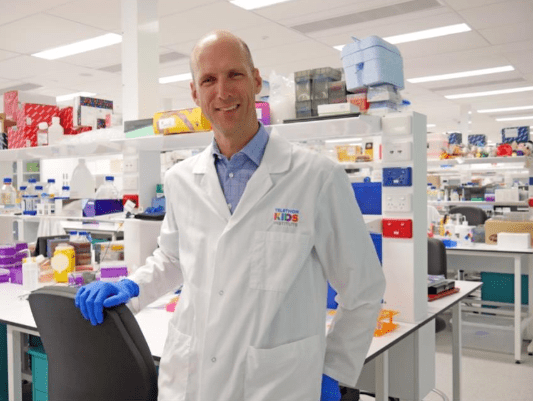
A/PROF W. JOOST LESTERHUIS
Dr Joost Lesterhuis is Program Head Cancer Research at Telethon Kids Institute, where he leads the Sarcoma Translational Research team. He is an adjunct associate professor at the University of Western Australia and an NHMRC EL2 Investigator. Joost has a background as a dual-trained medical oncologist and basic researcher in cancer immunology.
Joost’s research aims to identify new effective treatment combinations in cancer, focusing on immunotherapy and surgery. His research combines several fields of science including cancer immunology, drug discovery & delivery and translational oncology. Joost published over 75 peer-reviewed publications and translated several of his laboratory findings into clinical trials.
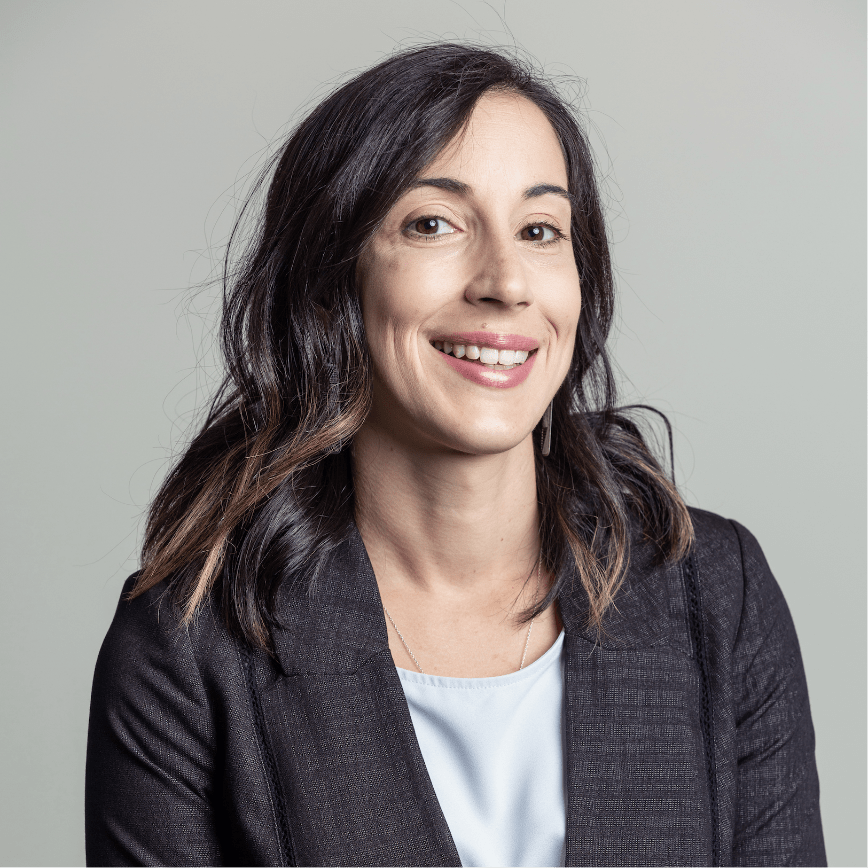
DR NICOLE MESSINA
Dr Messina is a Team Leader in the Infection, Immunity and Global Health theme at the Melbourne Children’s Research Institute (MCRI). Dr Messina received her PhD from the University of Melbourne, working at the Peter MacCallum Cancer Centre investigating crosstalk in cytokine signalling pathways and tumour immunosurveillance. At Monash University she continued her research in cytokine signalling pathways focusing on their role in regulatory T cell development and function. Dr Messina now leads the Immunomodulation team within the Infectious Diseases group at MCRI which focuses on paediatric vaccine responses and identifying determinants of susceptibility to infectious and allergic disease.
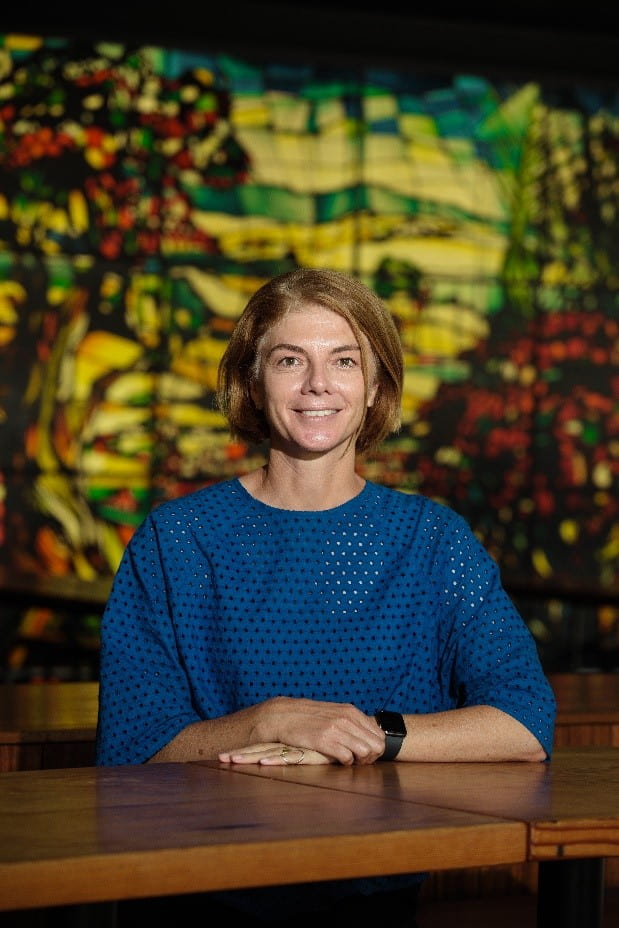
A/PROF NIKKI MORELAND
Nikki Moreland PhD, is an Associate Professor of Infection and Immunity and a Principal Investigator of the Maurice Wilkins Centre in the Medical Faculty at the University of Auckland. She has research expertise in humoral immunology and infectious diseases and her laboratory uses a range of approaches to study antibodies and their interactions. A major focus is exploring rheumatic fever pathogenesis as a route to identifying disease biomarkers and informing the design of safe and effective vaccines for Group A Streptococcus.
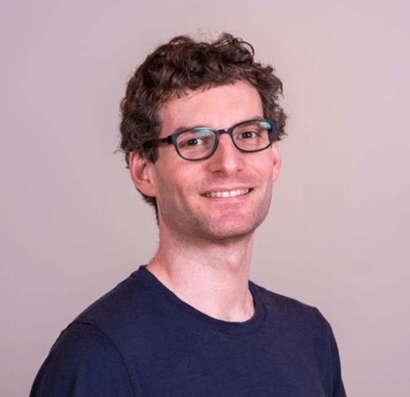
DR DAVID O'SULLIVAN
Dr O’Sullivan studied Pharmacology and Toxicology at Te Whare Wānanga o Otāgo—University of Otago before moving to Te Herenga Waka—Victoria University of Wellington to complete a PhD in Cellular and Molecular Bioscience under the supervision of Anne La Flamme. He went on to undertake Postdoctoral Fellowships at Washington University in St Louis, USA and at the Max Planck Institute of Immunology and Epigenetics, Germany, in Erika Pearce’s Laboratory. His research has mainly focused on T cell immunology, within the context of autoimmunity, infectious diseases, or cancer and more broadly on how metabolic processes impact immune cell function. Dr O’Sullivan is currently a Senior Research Fellow at the Malaghan Institute of Medical Research where he is exploring the role that dietary nutrients have in influencing human immune cell metabolism.
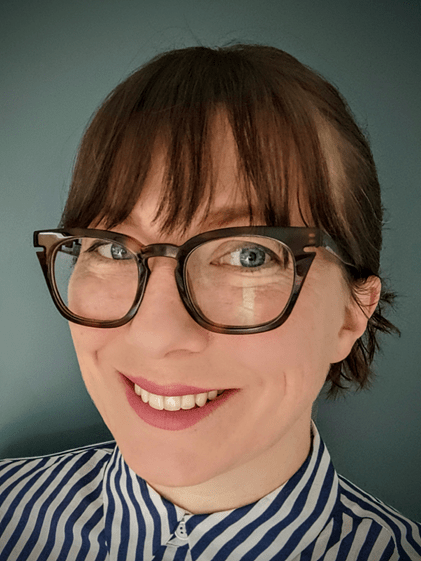
DR KYLIE QUINN
Dr Kylie Quinn is a Vice-Chancellor’s Research Fellow and leads the Ageing and Immunotherapies Group at RMIT University. Her group is developing ways to improve immune responses in older people during vaccination and new cell-based cancer therapies. Immune cells from older people become more difficult activate, so her team are identifying factors that limit activation with the aim of targeting these factors to improve immune health. She has received a number of awards for her work on ageing and immunity, including the John and Eileen Haddon Award in 2019 and a Weary Dunlop Award in 2022. More broadly, Kylie has a long-standing interest in issues of equity in science, volunteering with several diversity and inclusion-focused groups. She is also a keen communicator of science and was a key figure communicating on how vaccines work and are developed to the Australian public during the COVID-19 pandemic.
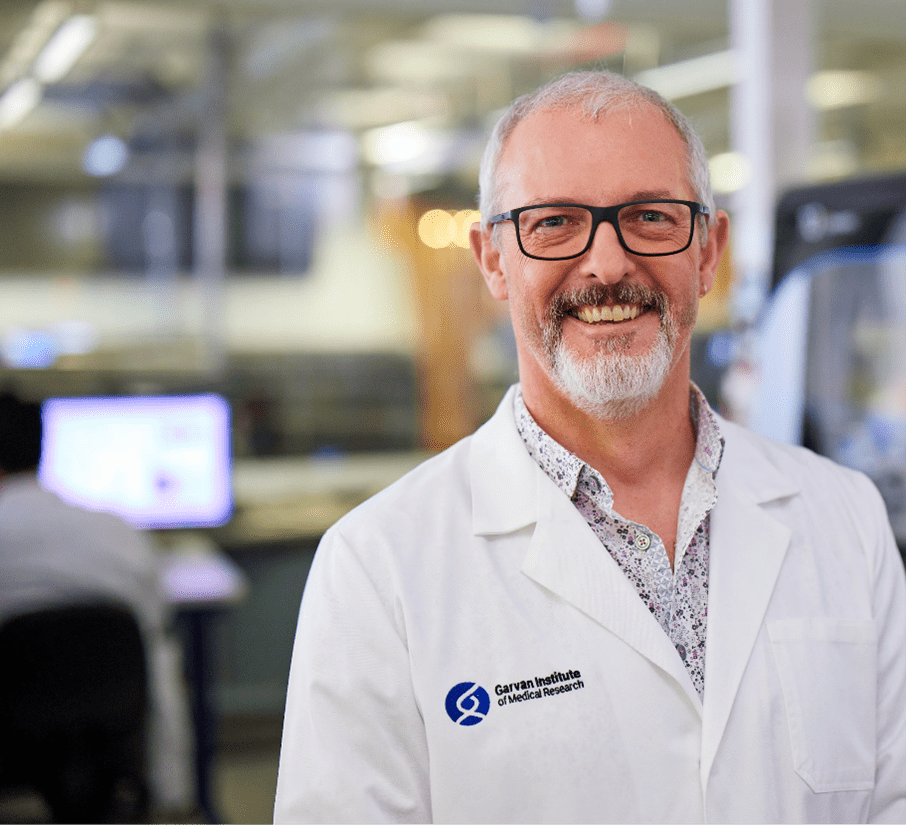
PROF MICHAEL ROGERS
Mike Rogers heads the Immunometabolism Lab at the Garvan Institute and is a Conjoint Professor in the School of Clinical Medicine at UNSW Sydney. Mike trained as a biochemist and gained his PhD in bone pharmacology (1994) from the University of Sheffield, UK, later relocating to the University of Aberdeen (1997-2011) where he was Chair of Musculoskeletal Pharmacology. Mike’s research is focused on the role of the ubiquitous and essential mevalonate pathway of isoprenoid lipid biosynthesis in health and disease, particularly in protein prenylation. He is a world authority on the pharmacology of bisphosphonate drugs used in the treatment of common bone disorders such as osteoporosis, and seeks to understand the the pleiotropic effects of these drugs on the immune system. Mike also created the first genetic mouse models of mevalonate kinase deficiency (a monogenic autoinflammatory disorder) to define mechanisms of disease, develop novel diagnostic approaches and test new precision therapies.
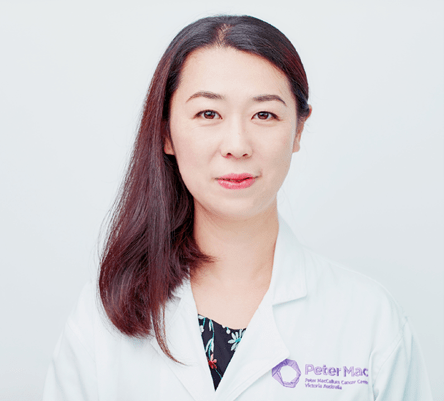
DR CLARE SLANEY
Clare is a Senior Research Fellow at the Peter MacCallum Cancer Centre, Melbourne, Australia. Her current research interests are in understanding the interaction between the immune system and cancer, and in the use of immunotherapy to treat cancer. These interests include the use of genetically modified T cells (CAR T cells) to treat solid cancers. Clare has published over 40 papers in high-impact journals including first and last authorships in Nature Medicine, PNAS, Cancer Research, Clinical Cancer Research and Cancer Discovery. Her accomplishments have been acknowledged with a number of awards including the Seymour and Vivian Milstein Young Investigator Award for notable contributions to basic and clinical research in Switzerland, a Joseph Sambrook Award in Research Excellence, and the respected Mavis Robertson Award that is given each year to a female principal investigator considered to exhibit the greatest promise as a leader in breast cancer research in Australia. In 2021, a spinout company Currus Biologics was formed based on Clare’s research that has attracted an $10 million serial A investment. In the same year, Currus was awarded by the Victoria government as the “Best newcomer Startup Company of the Year”.

PROF JAMES USSHER
James Ussher is a professor in the Department of Microbiology and Immunology at the University of Otago and a practising clinical microbiologist at Awanui Labs, Dunedin. James graduated in medicine from the University of Otago and subsequently trained in clinical microbiology in Auckland, where he gained his fellowship from the Royal College of Pathologists of Australasia. He undertook a PhD at the University of Auckland under the supervision of Dr John Taylor and Professor Rod Dunbar on recombinant adeno-associated virus as vaccine vector. He then spent three years in Professor Paul Klenerman’s laboratory at the University of Oxford as an Oxford Nuffield Medical Research Fellow where he was involved in several fundamental discoveries concerning mucosal associated invariant T (MAIT) cells. In 2013 he returned to the University of Otago to a joint academic and clinical appointment. His research interests are in infection and immunity. In particular, he is interested in antibacterial immunity, the role of MAIT cells, and how MAIT cells might be harnessed to prevent or treat bacterial infections. His laboratory also studies the transmission of antimicrobial resistance, including in the Pacific. During the COVID-19 pandemic, he was involved in establishing the Vaccine Alliance Aotearoa New Zealand – Ohu Kaupare Huaketo (VAANZ), which has developed a SARS-CoV-2 vaccine candidate.
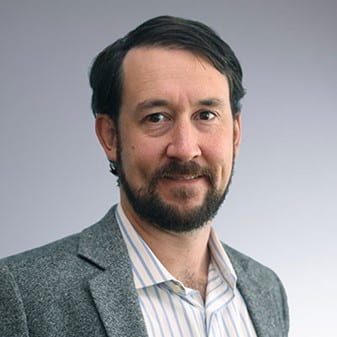
DR NICK VAN PANHUYS
Dr. van Panhuys completed his BSc(Hons) in Molecular Biosciences at Victoria University. Before being awarded Rex and Betty Coker Post Graduate Scholarship to conduct his PhD studies at the Malaghan Institute for Medical Research, where he investigated the role of IL4 and STAT6 in protective immunity and T helper 2 immune responses. He was then awarded the NZ Foundation for Research Science and Technology post-doctoral fellowship award, to work as a visiting fellow at the National Institutes of Health and subsequently was appointed as a research fellow in the Laboratory of Systems Biology at the NIAD, NIH. Since 2015, he has led the Laboratory of Immunoregulation at Sidra Medicine, Doha, Qatar. Where his research team focuses on exploration of the systems that promote inflammation and the opposing mechanisms that regulate and dampen inappropriate immune responses to promote homeostasis. The major area of interest of the Laboratory of Immunoregulation is in analyzing the cellular differentiation pathways which control the balance of immune cells that are able to control disease by regulating inflammation and shutting down the inappropriate responses that occur in asthma, allergic disease and type 2 diabetes. Whilst, at the same time discerning the underlying genetic, epigenetic and molecular pathways which allow the inflammatory cells present in specific individuals to escape from these regulatory controls and initiate disease pathology.
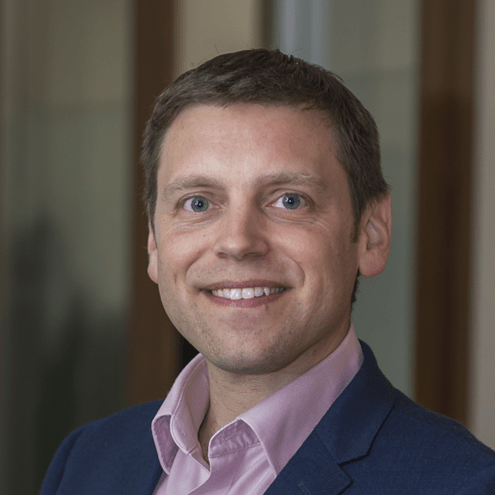
DR ROB WEINKOVE
Dr Robert Weinkove is Clinical Director at the Malaghan Institute of Medical Research (MIMR), and a Consultant Haematologist at Te Whatu Ora Health New Zealand. After studying medicine at the University of Cambridge and Kings College London, he trained in clinical haematology in London and in Hannover, and undertook a PhD in immunology at the University of Otago.
Dr Weinkove leads a clinical and translational chimeric antigen receptor (CAR) T-cell programme at the Malaghan Institute, and is Principal Investigator of ENABLE (NCT04049513), a phase 1 trial of a novel third generation CAR T-cell therapy for B-cell lymphomas. Dr Weinkove is an active member of the Australasian Leukaemia & Lymphoma Group, and contributes to clinical trials and guidelines in the fields of B-cell leukaemias/lymphomas, and infection prophylaxis for immunosuppressed patients.
